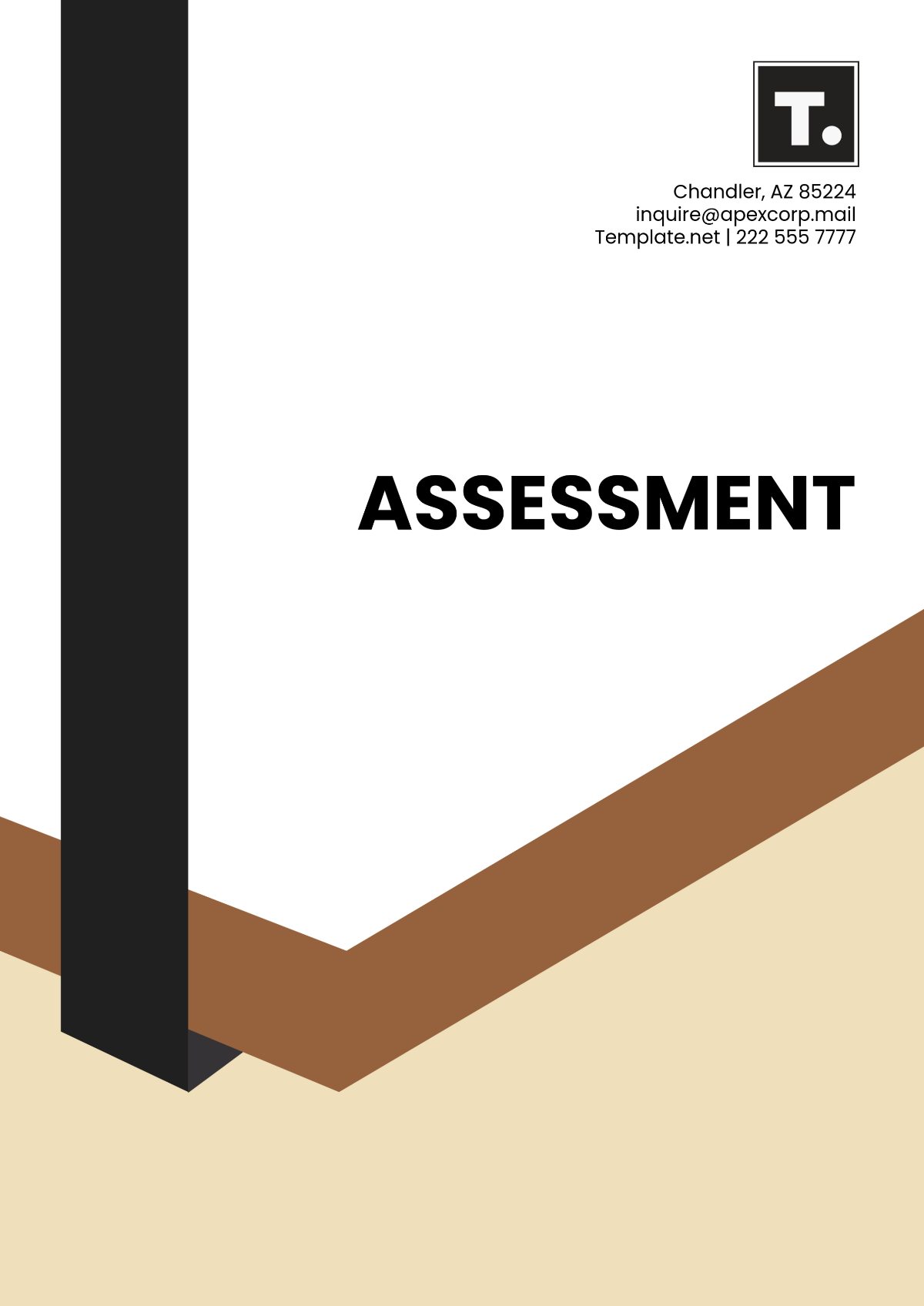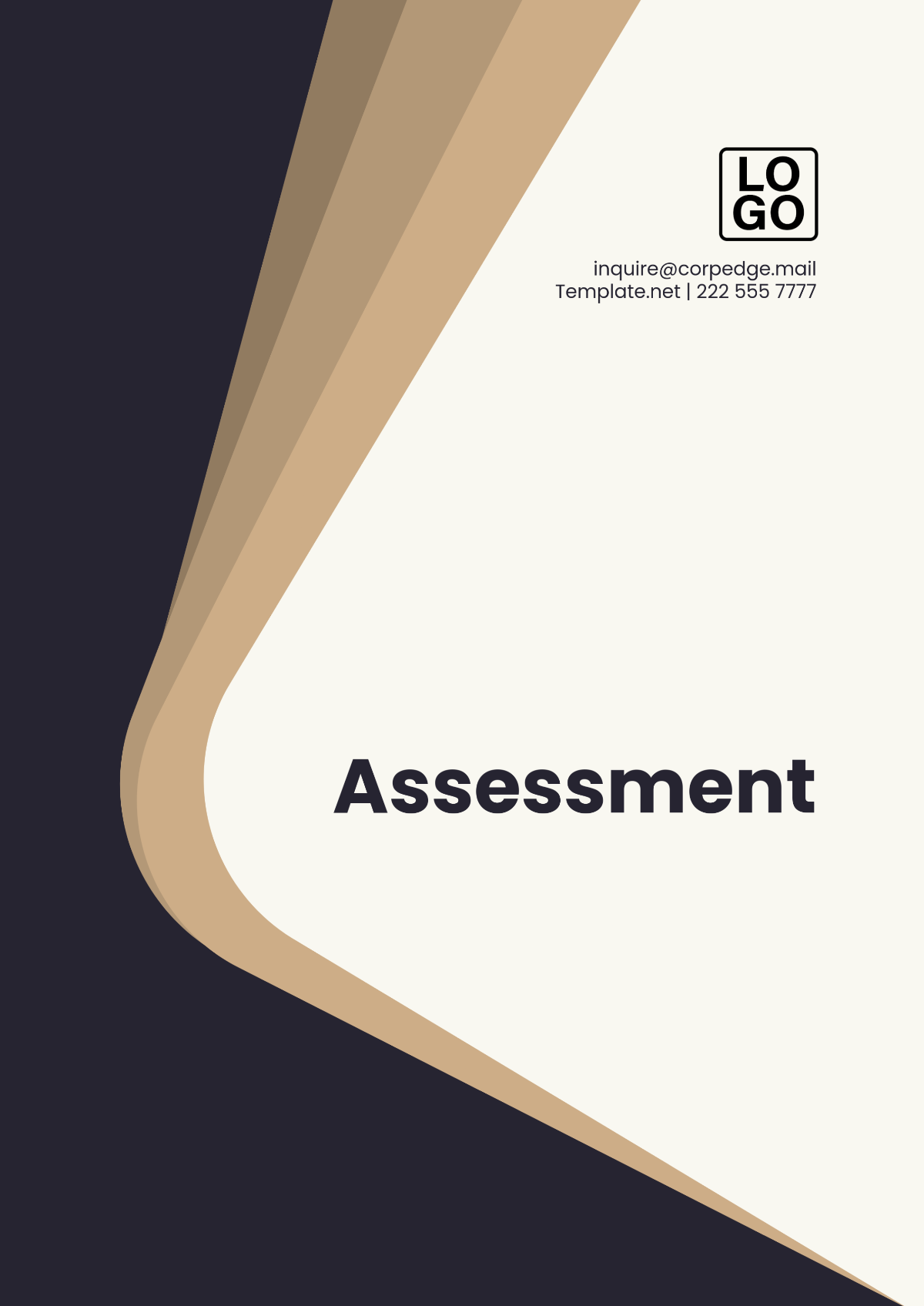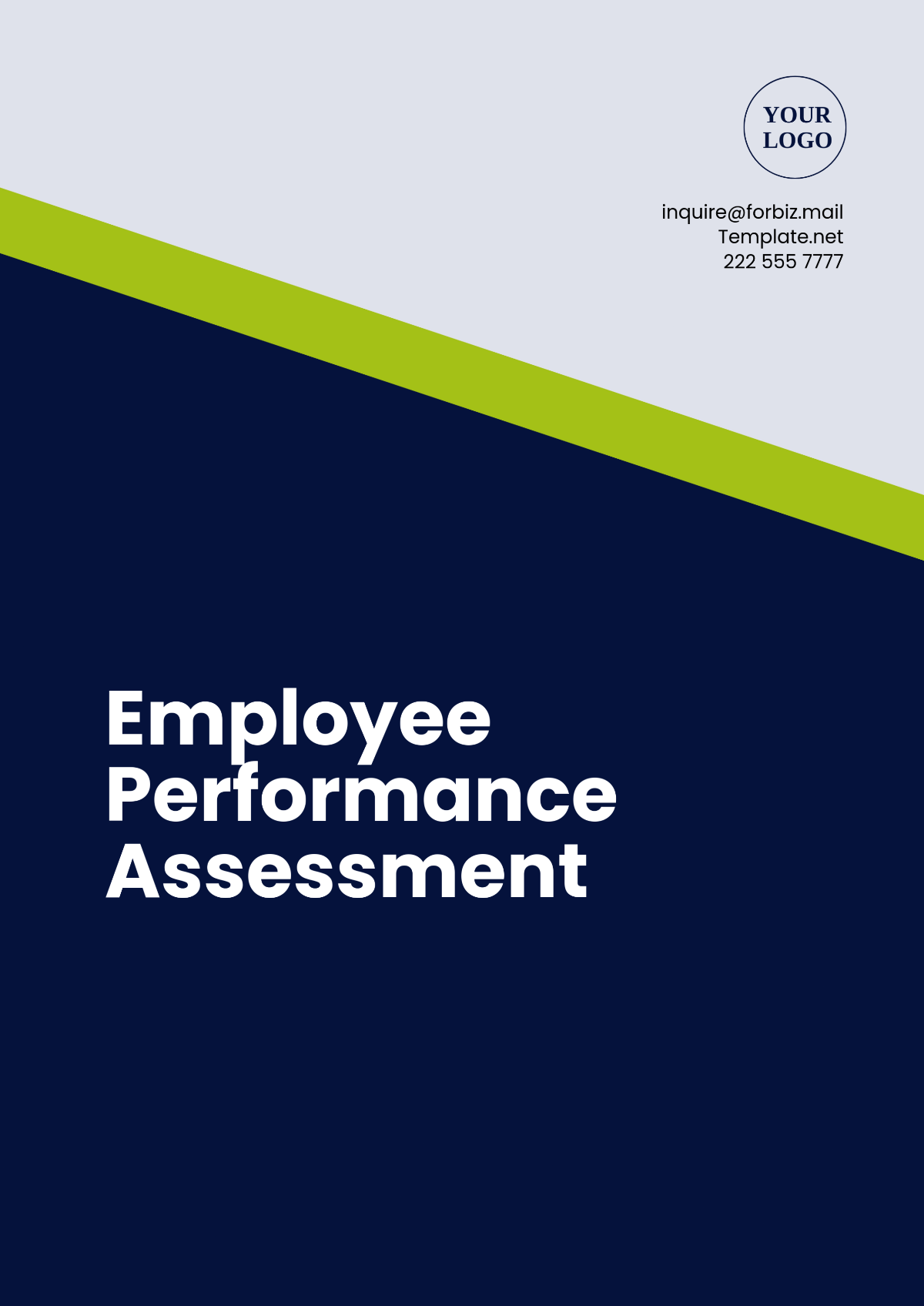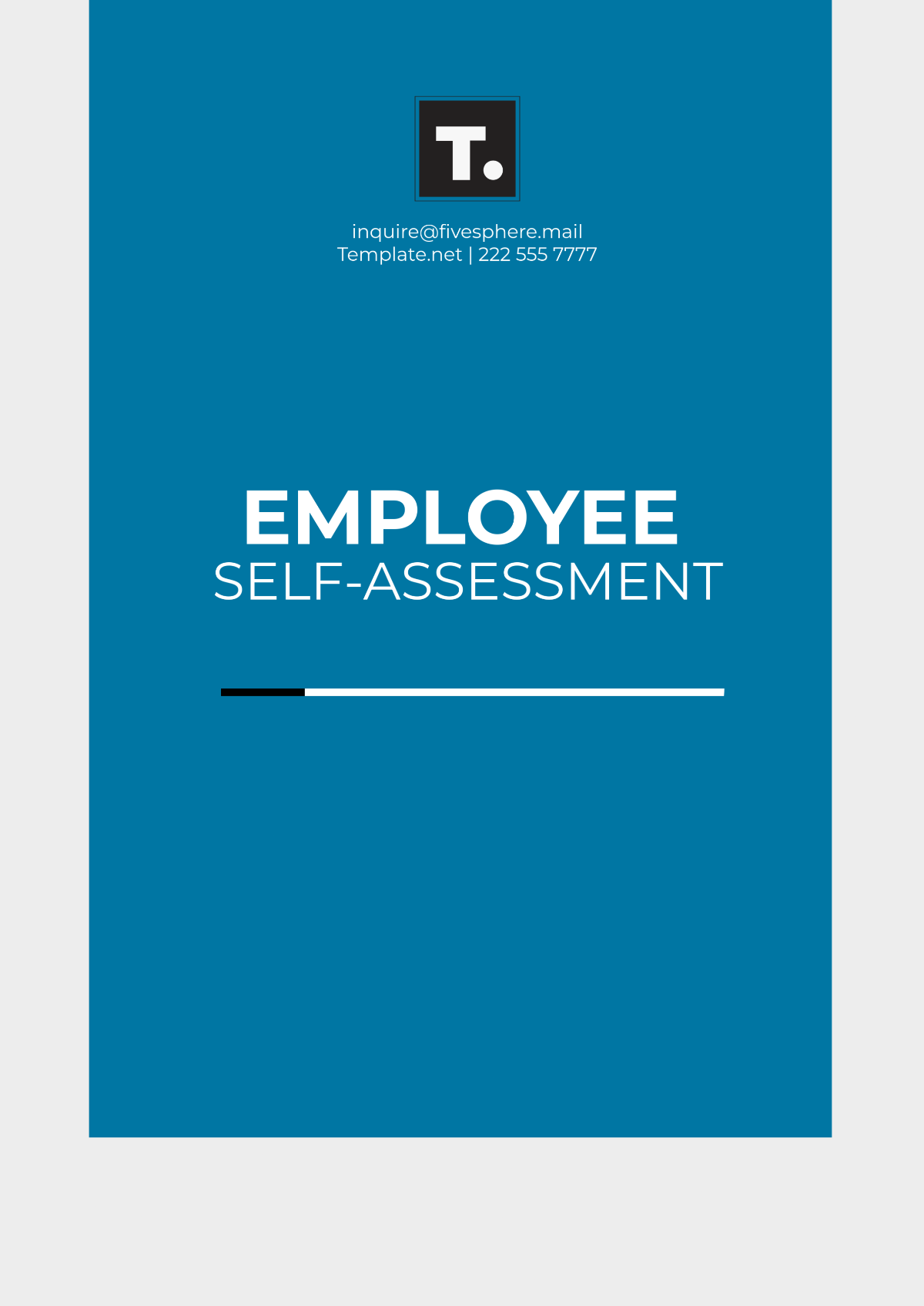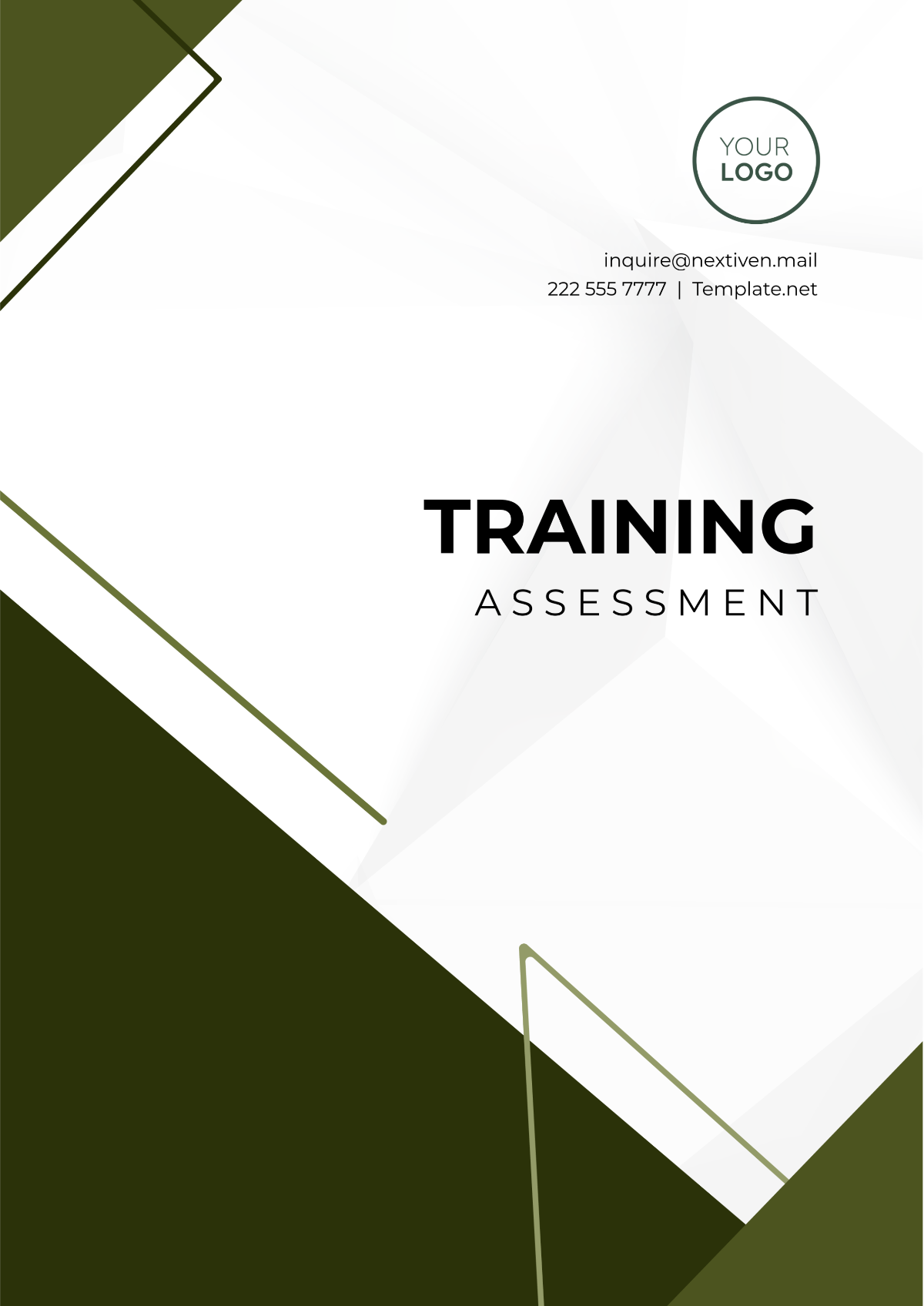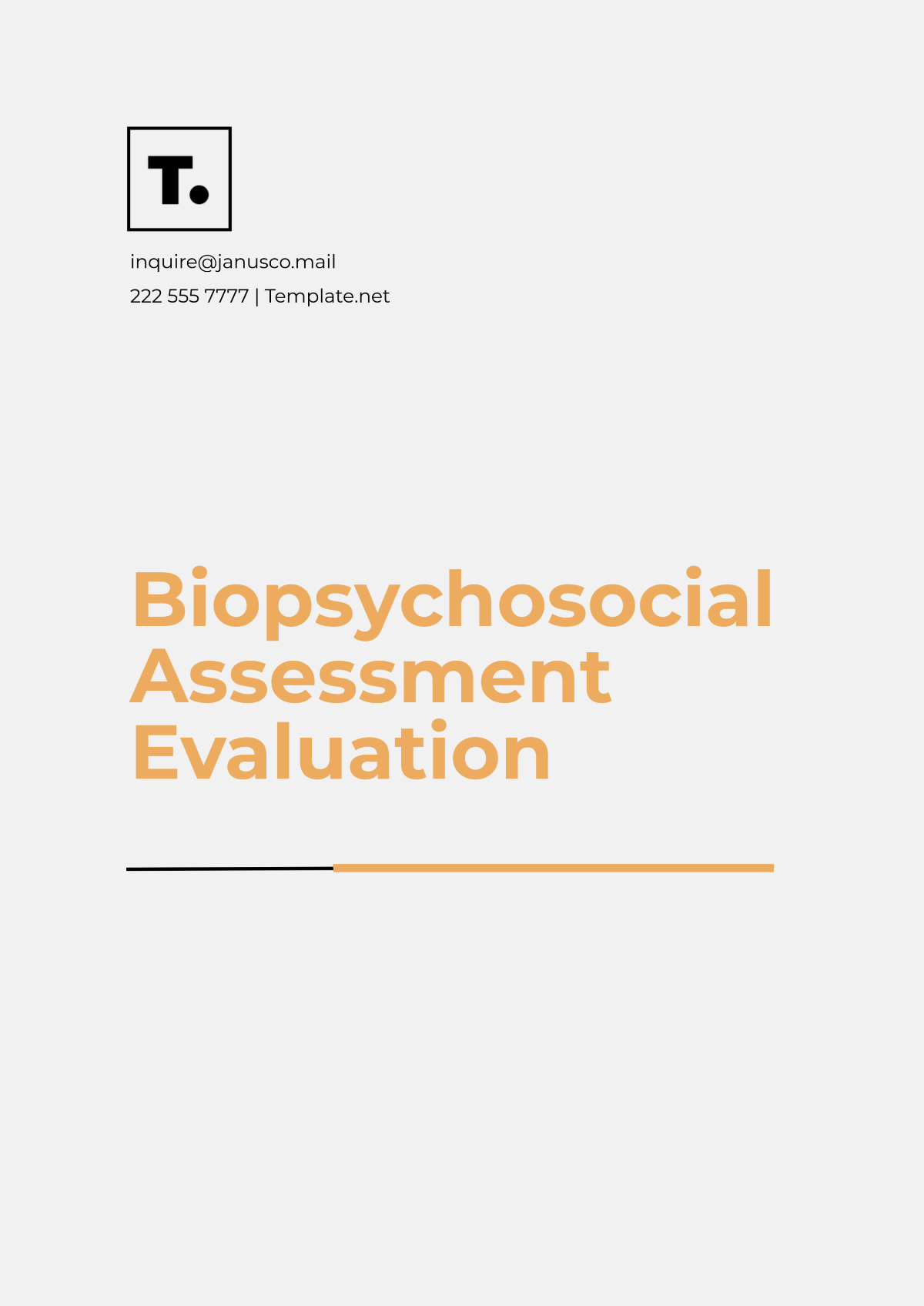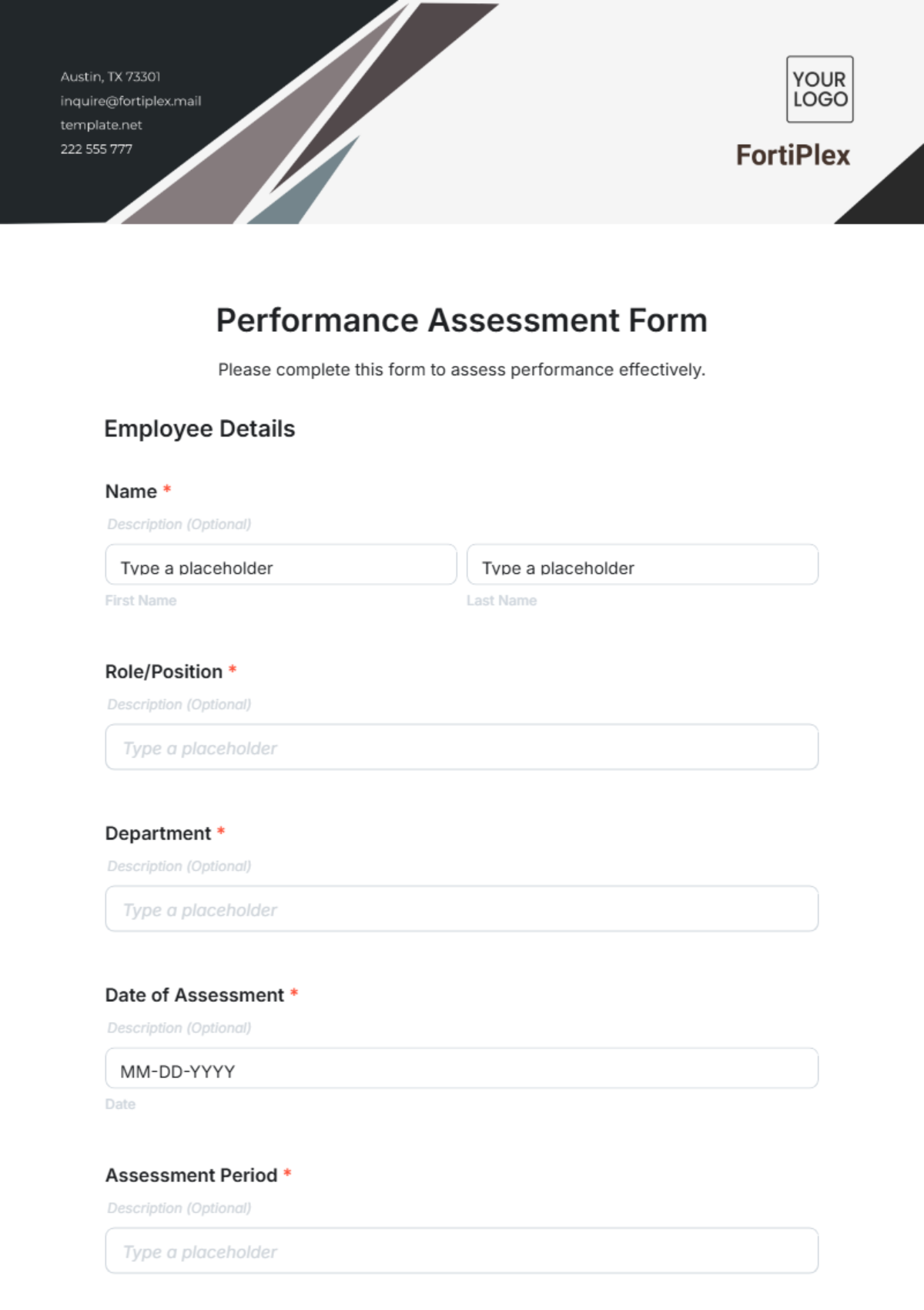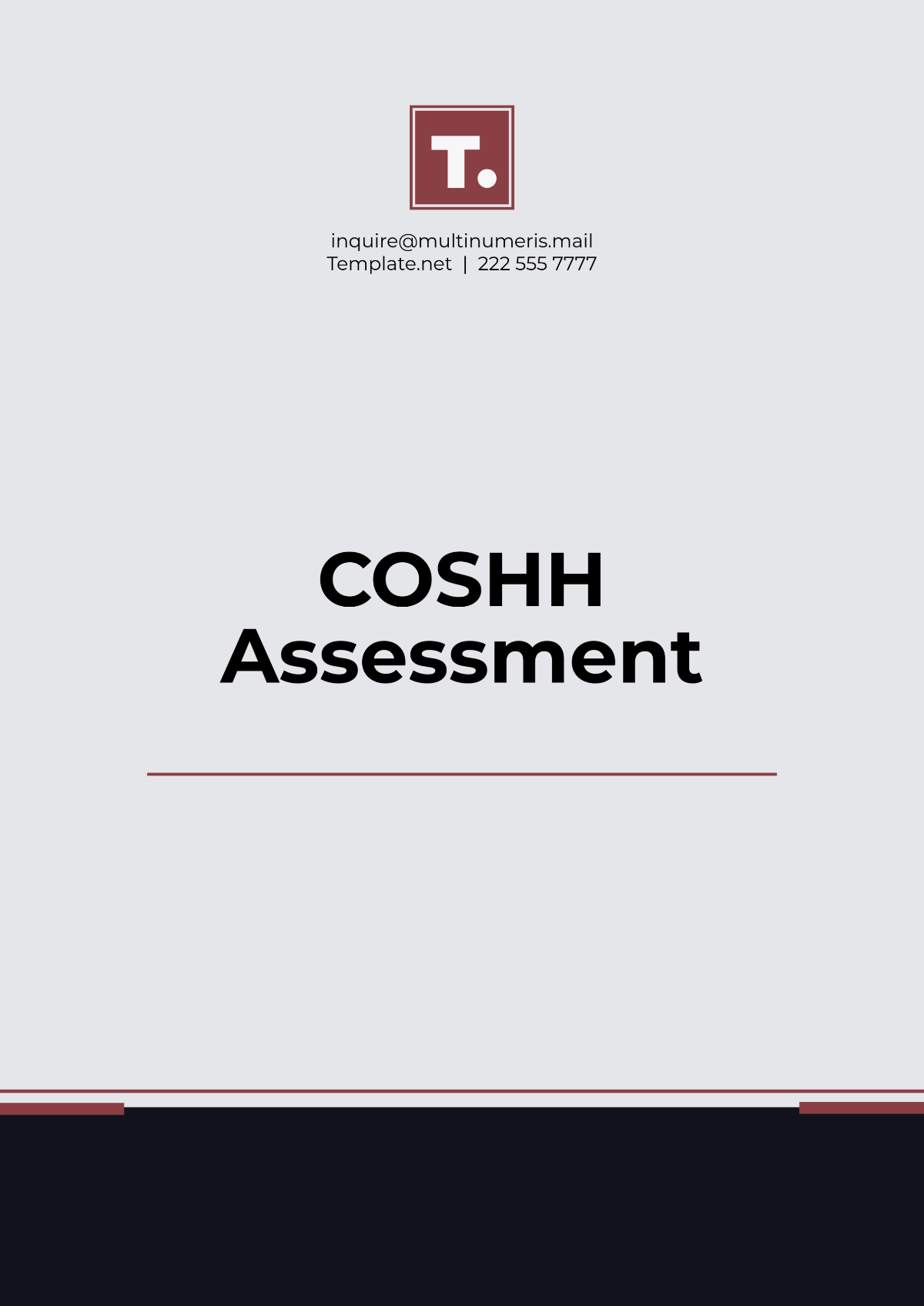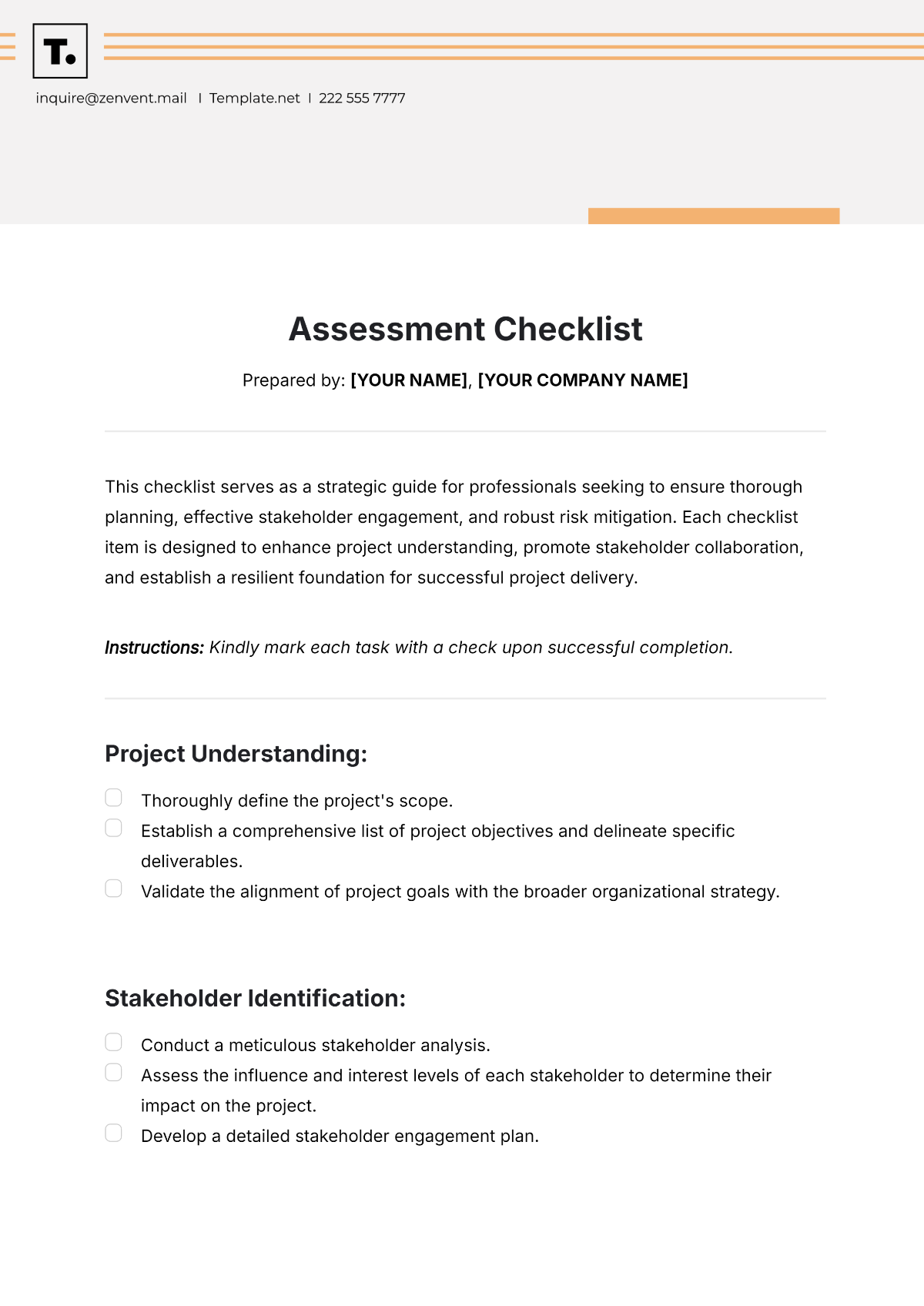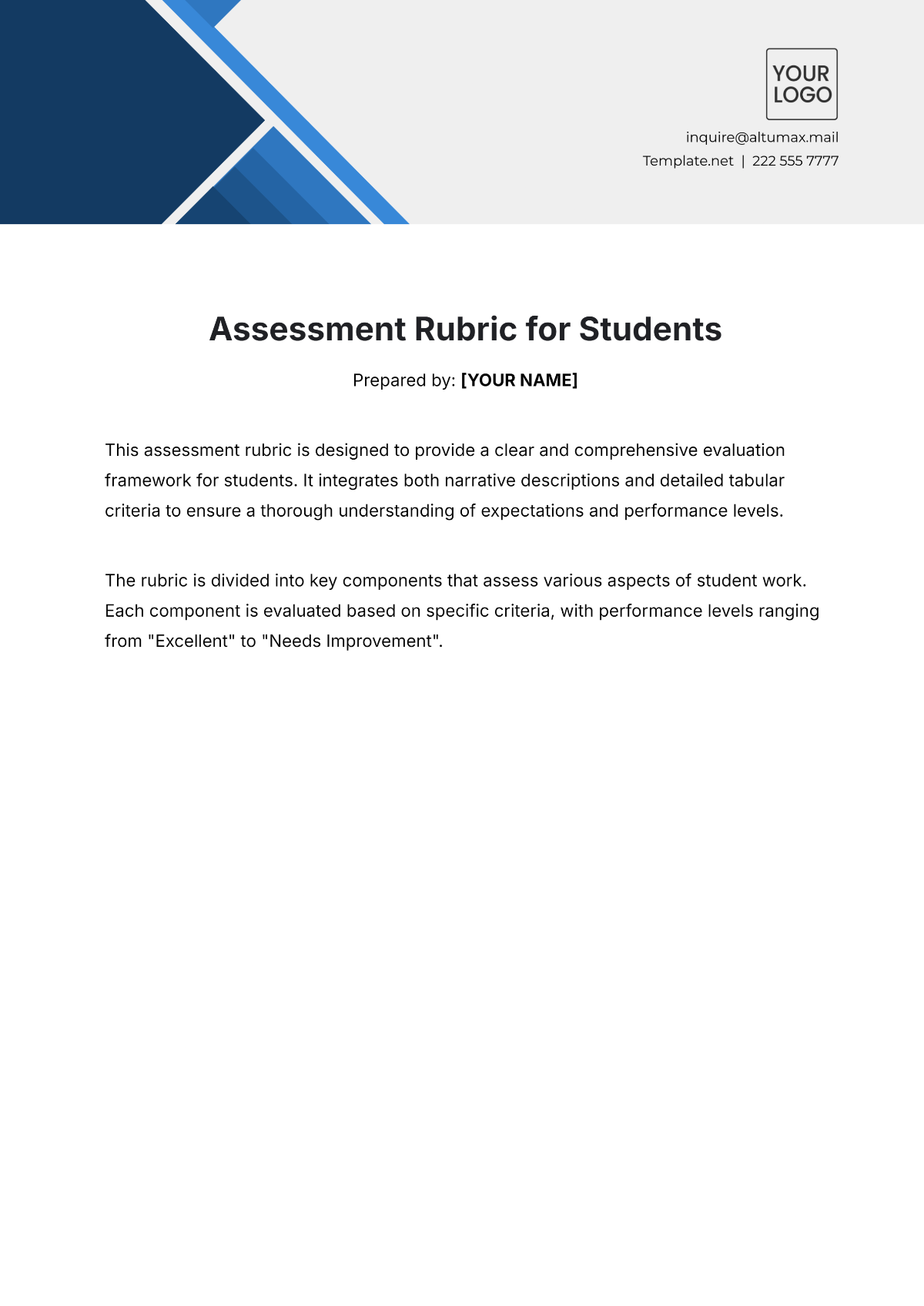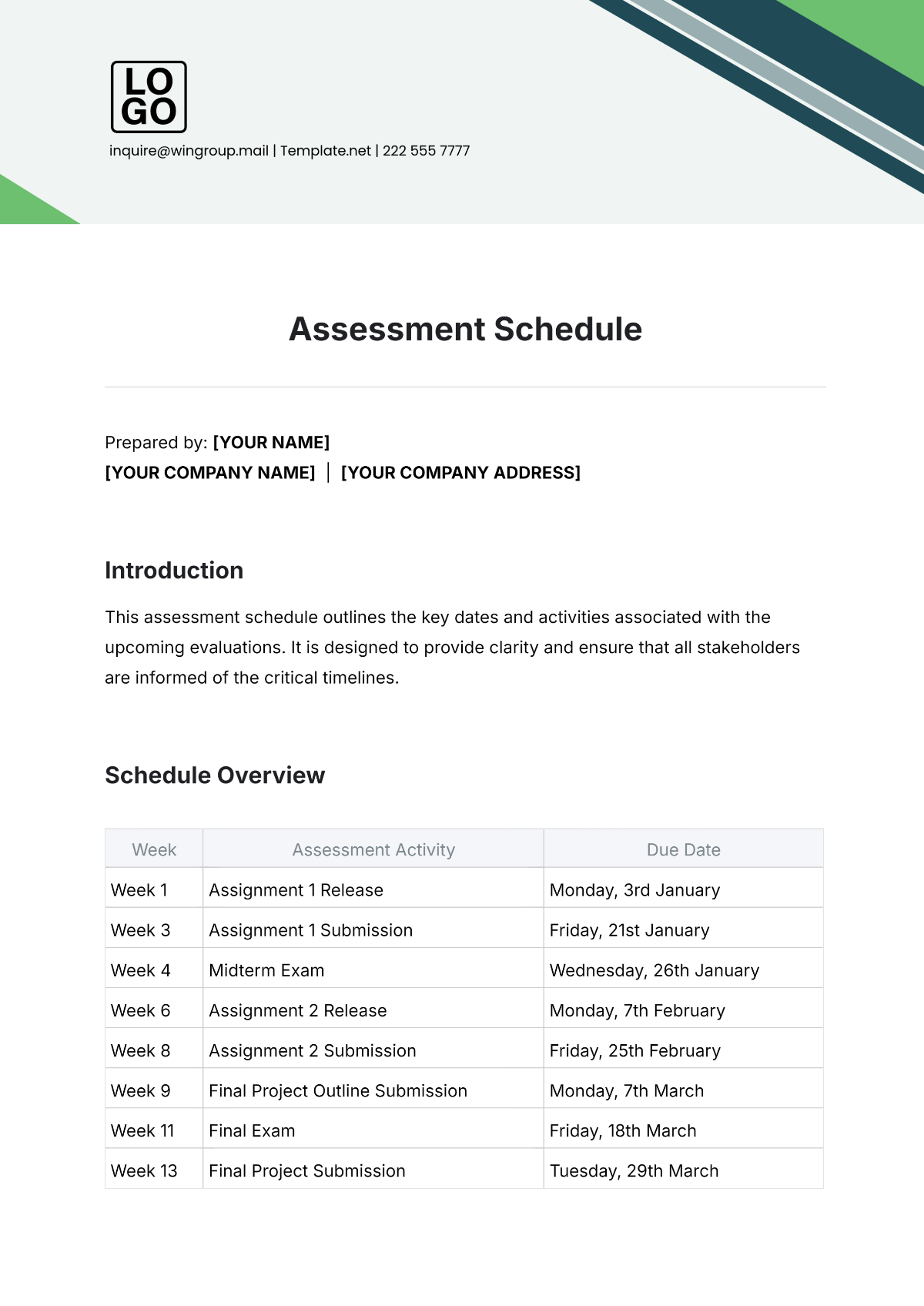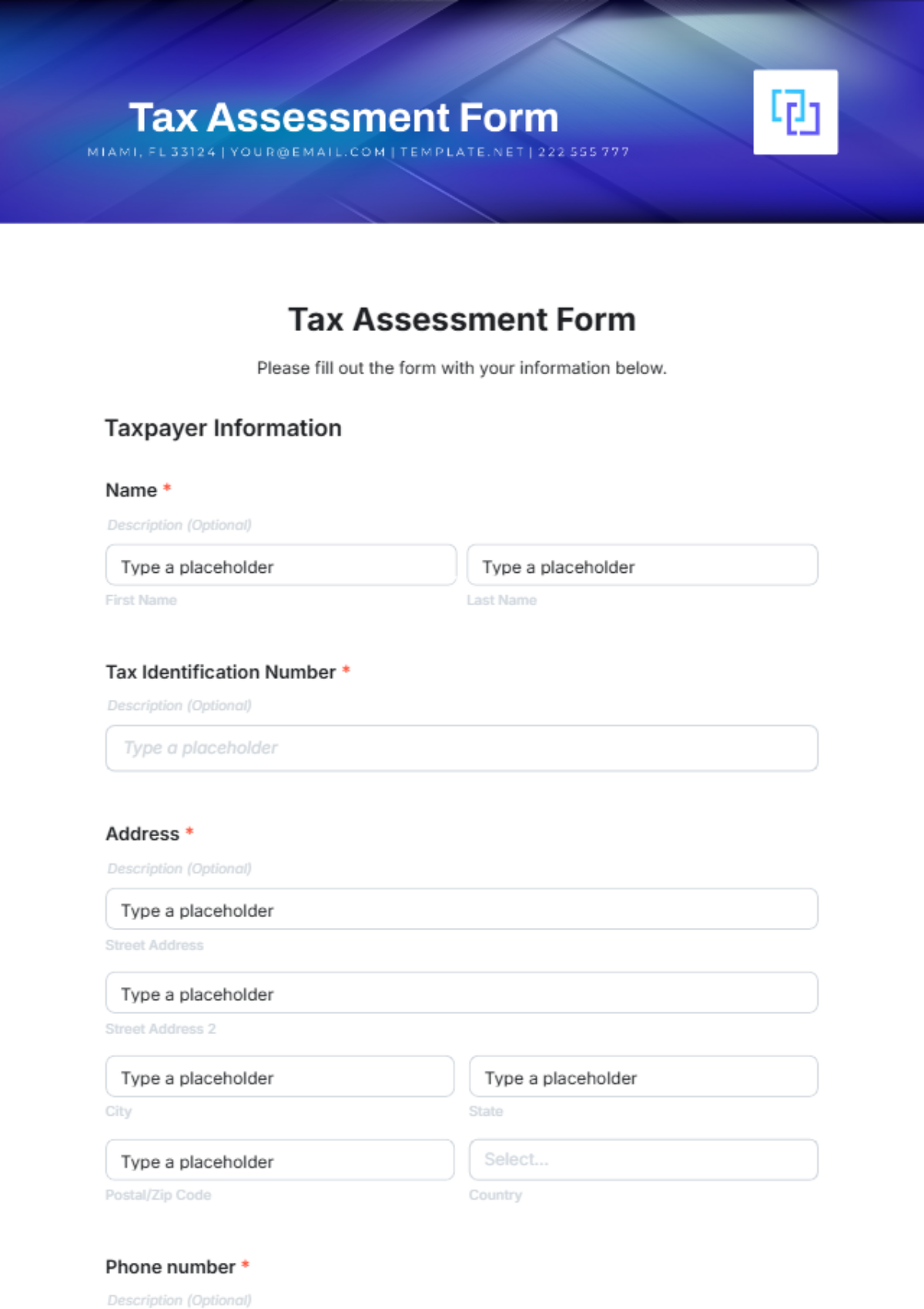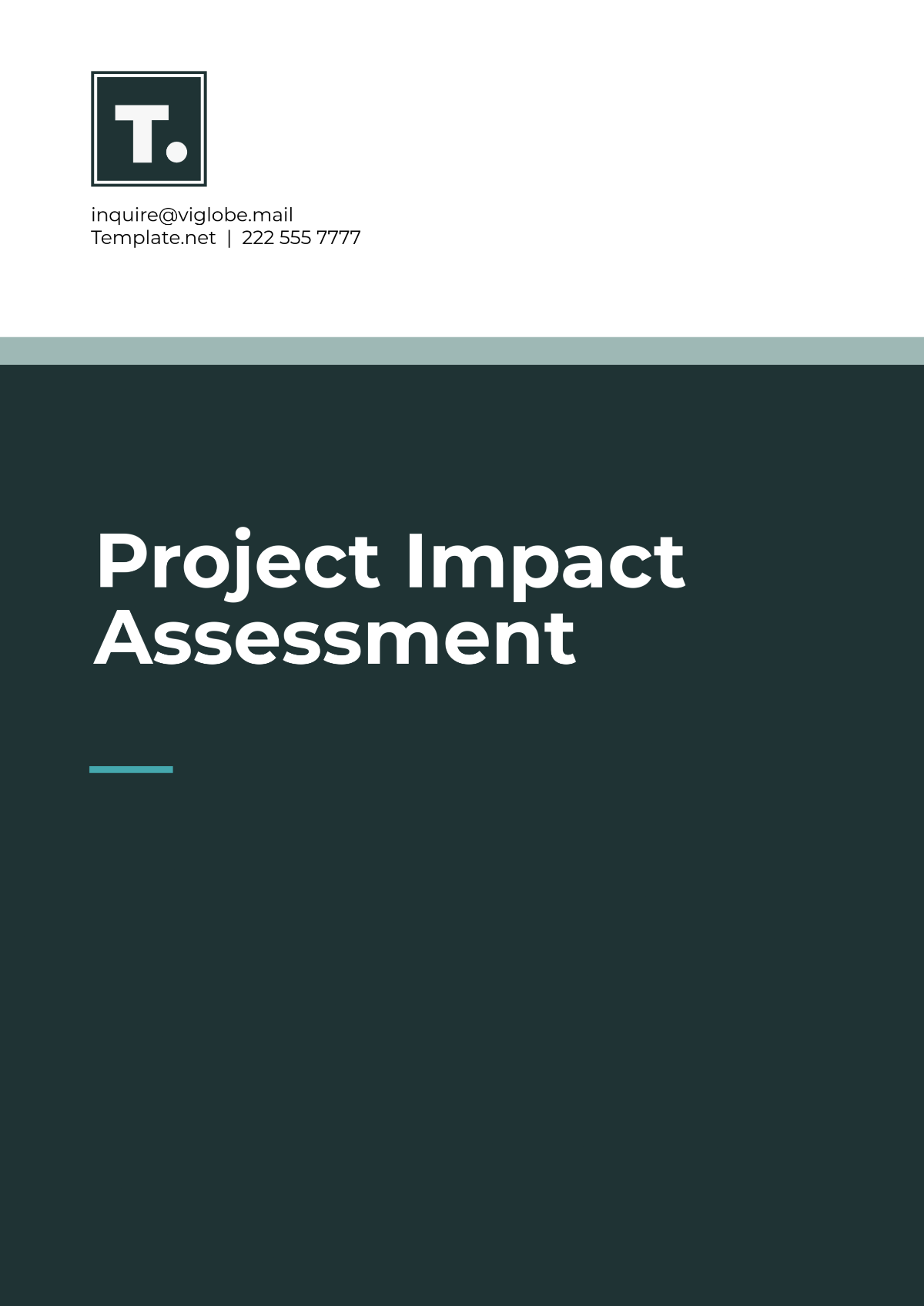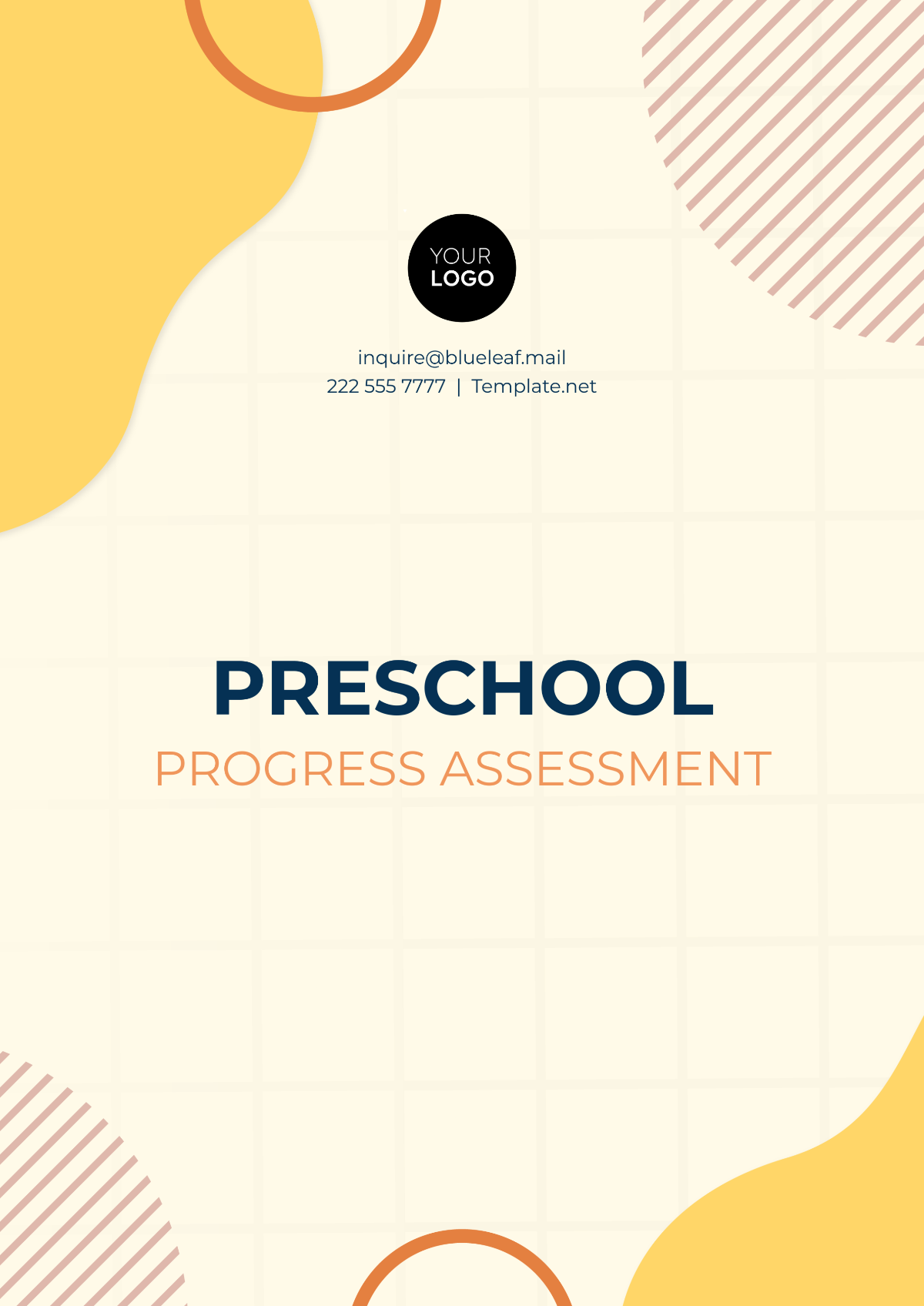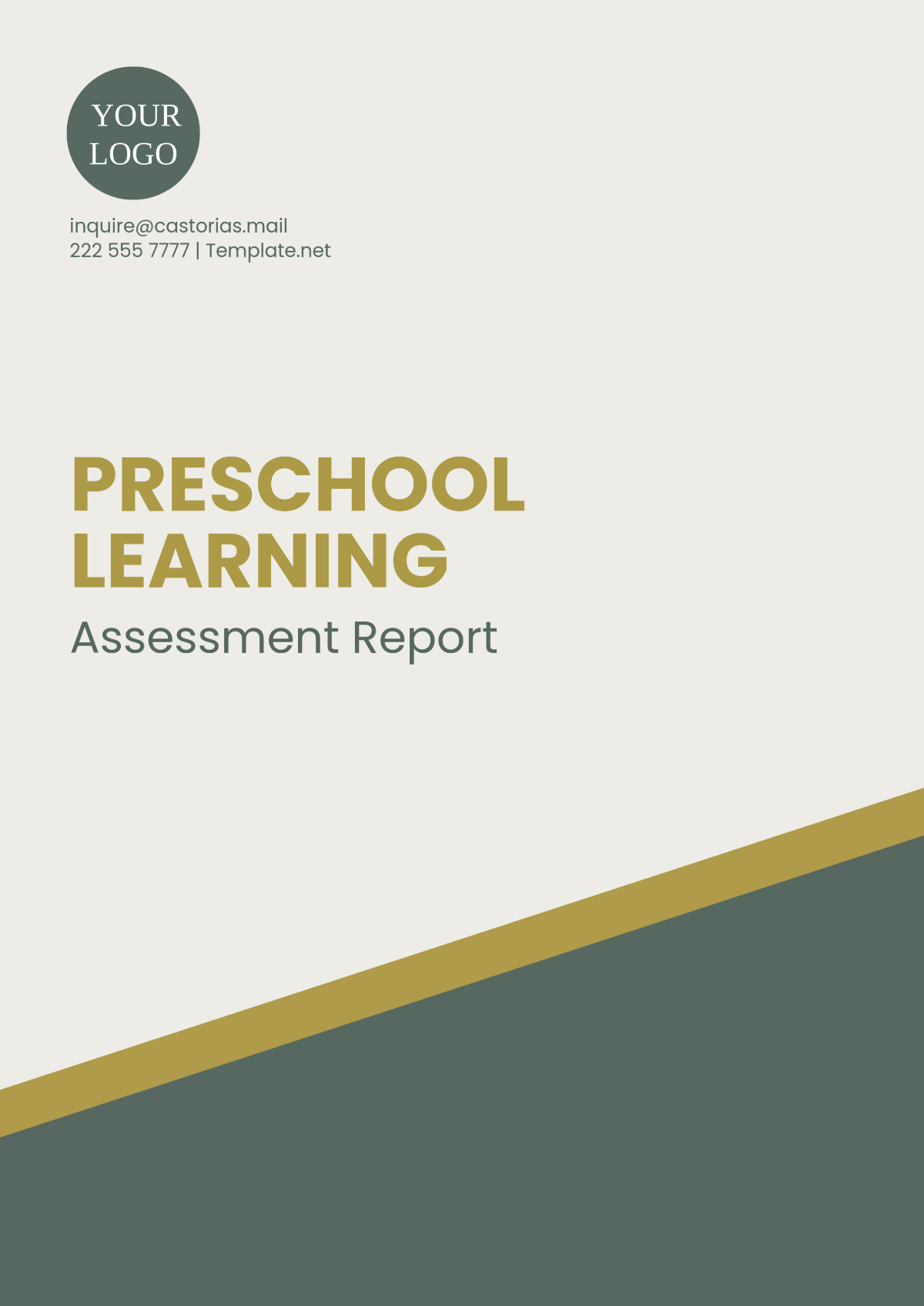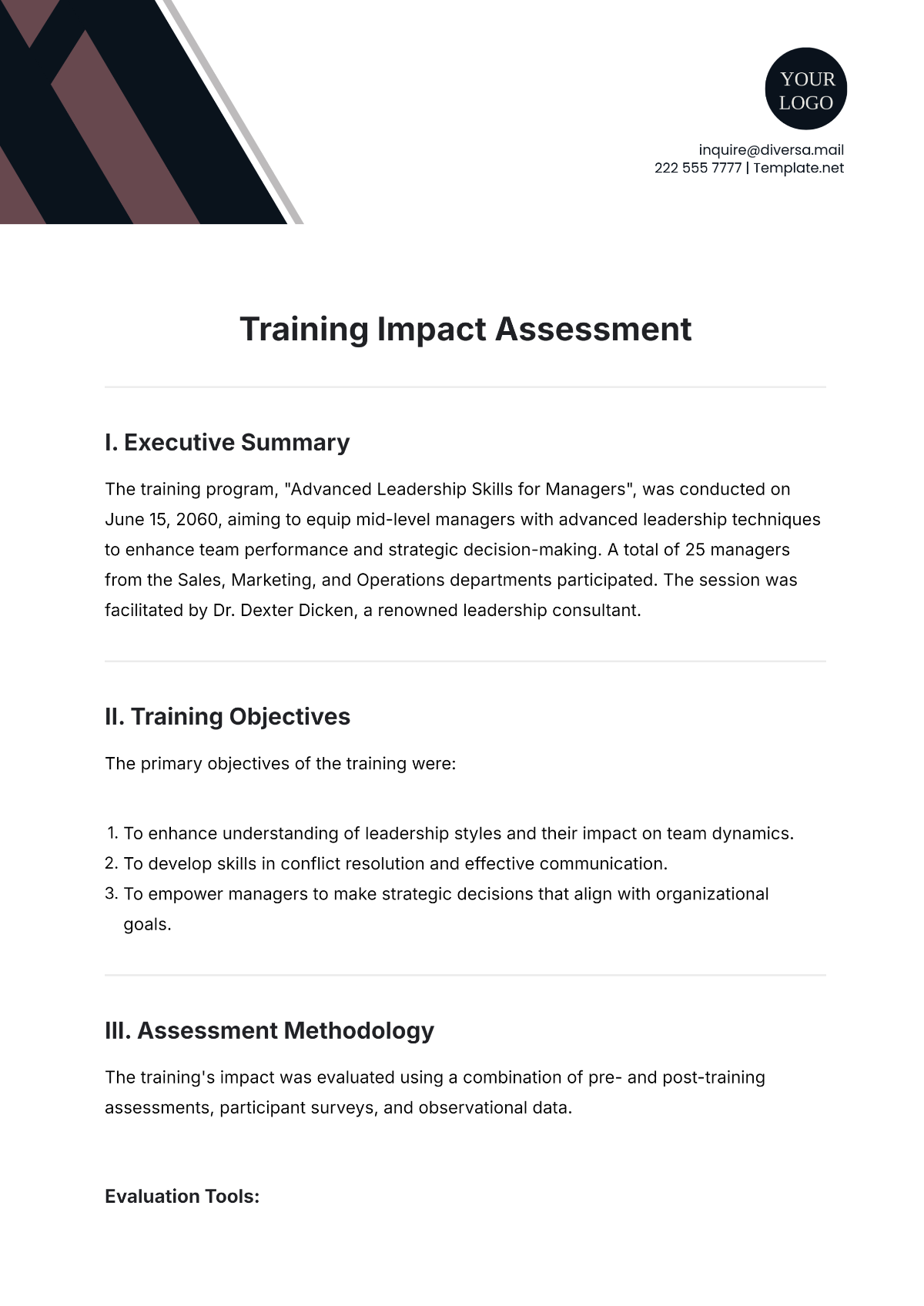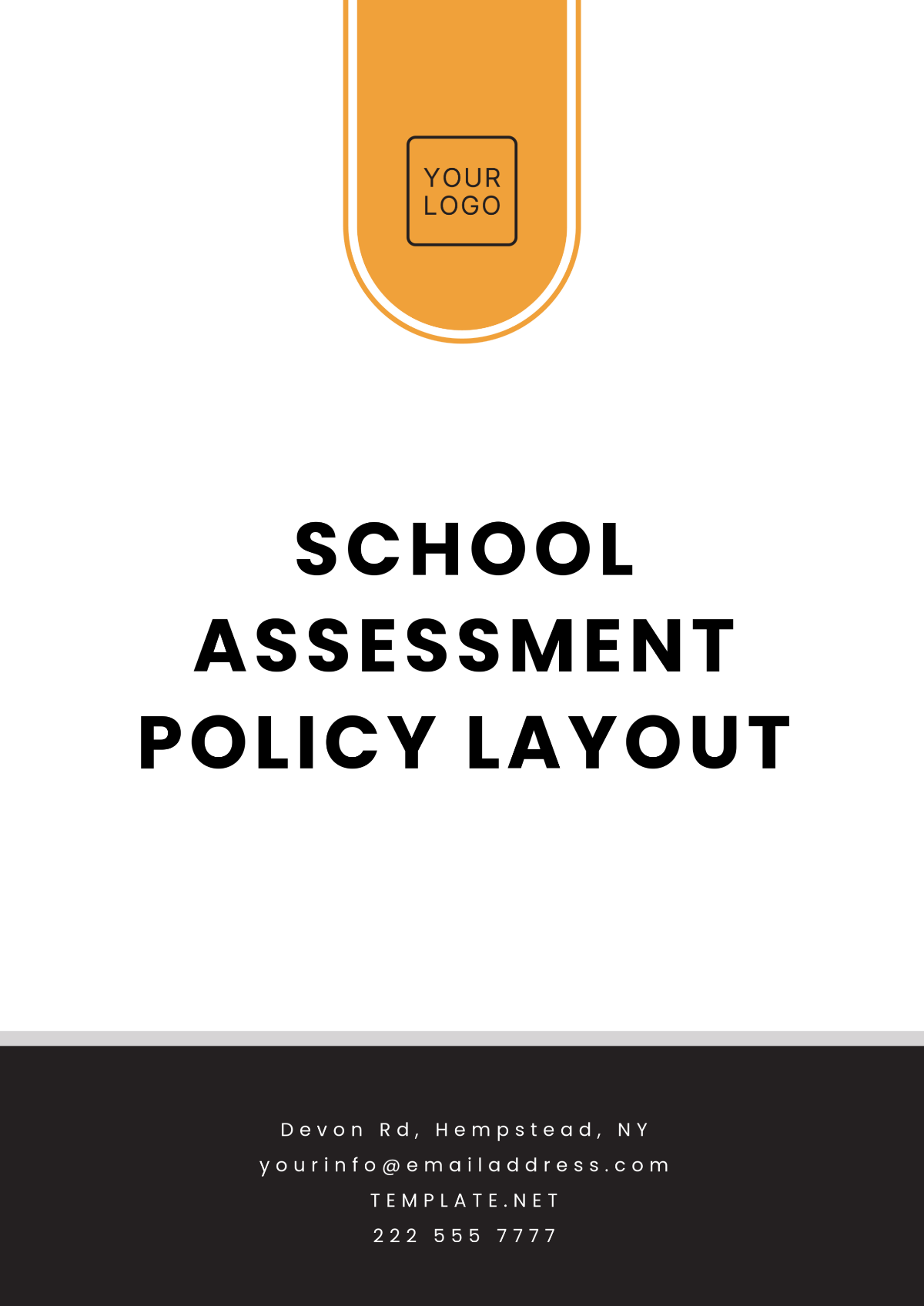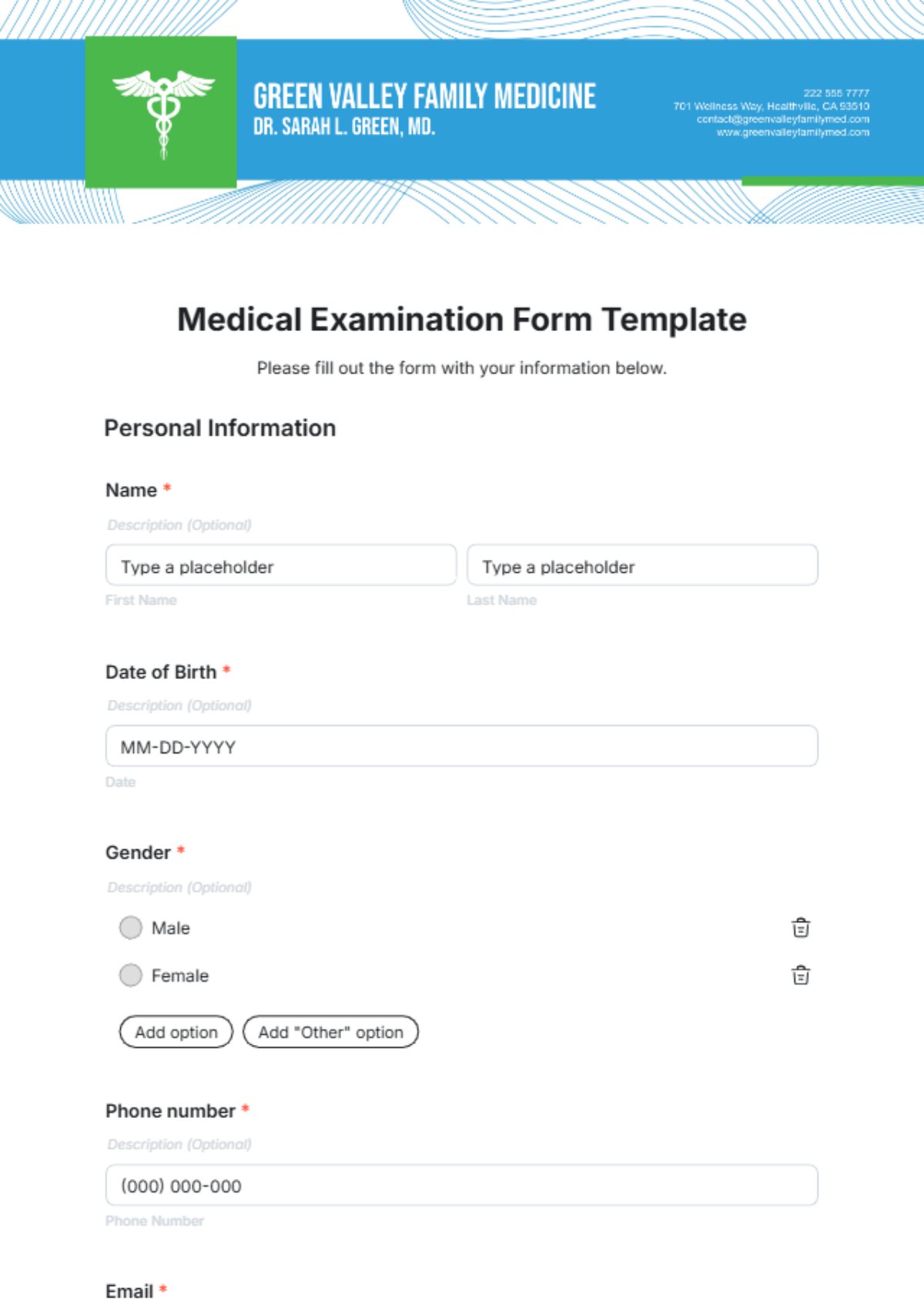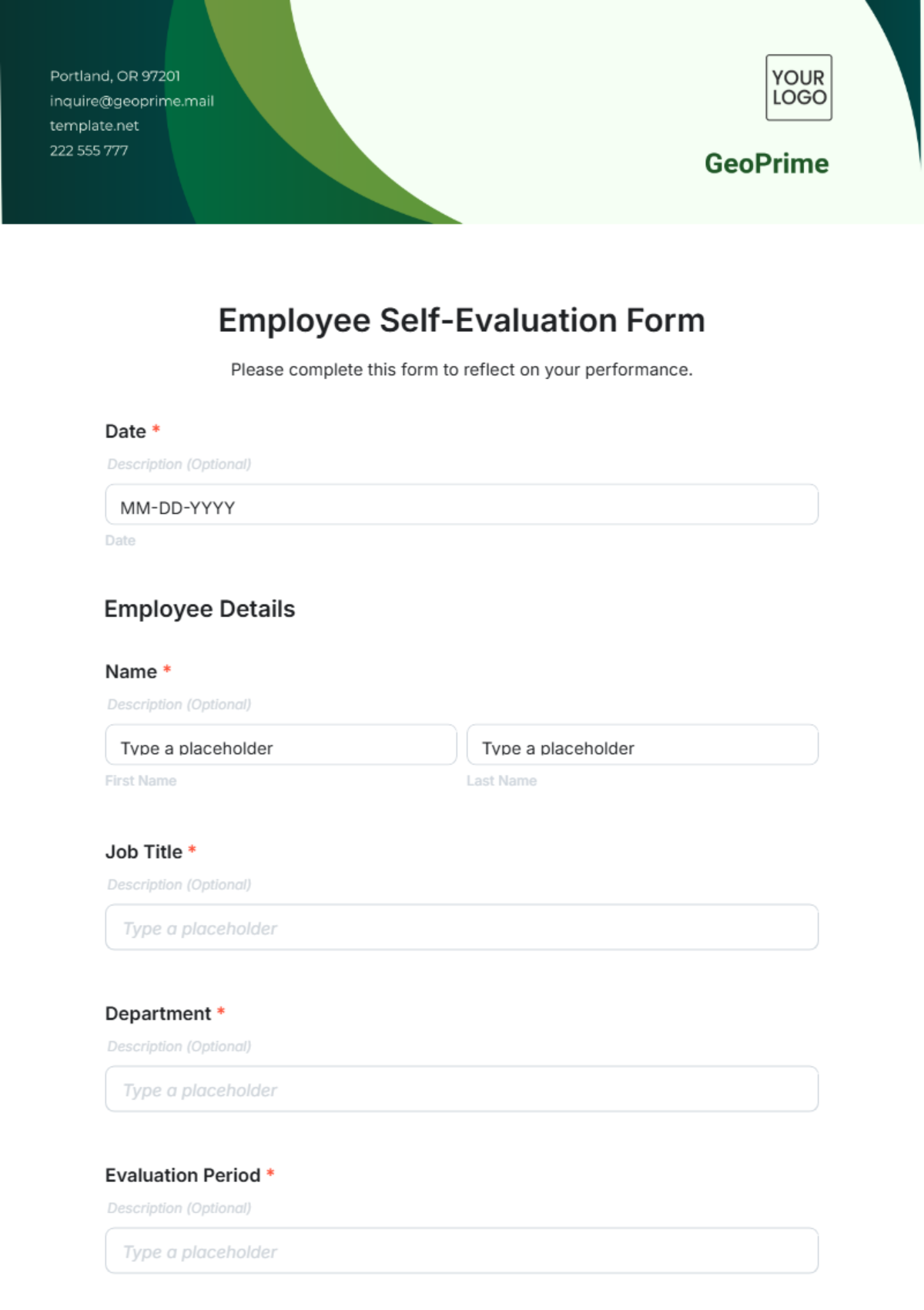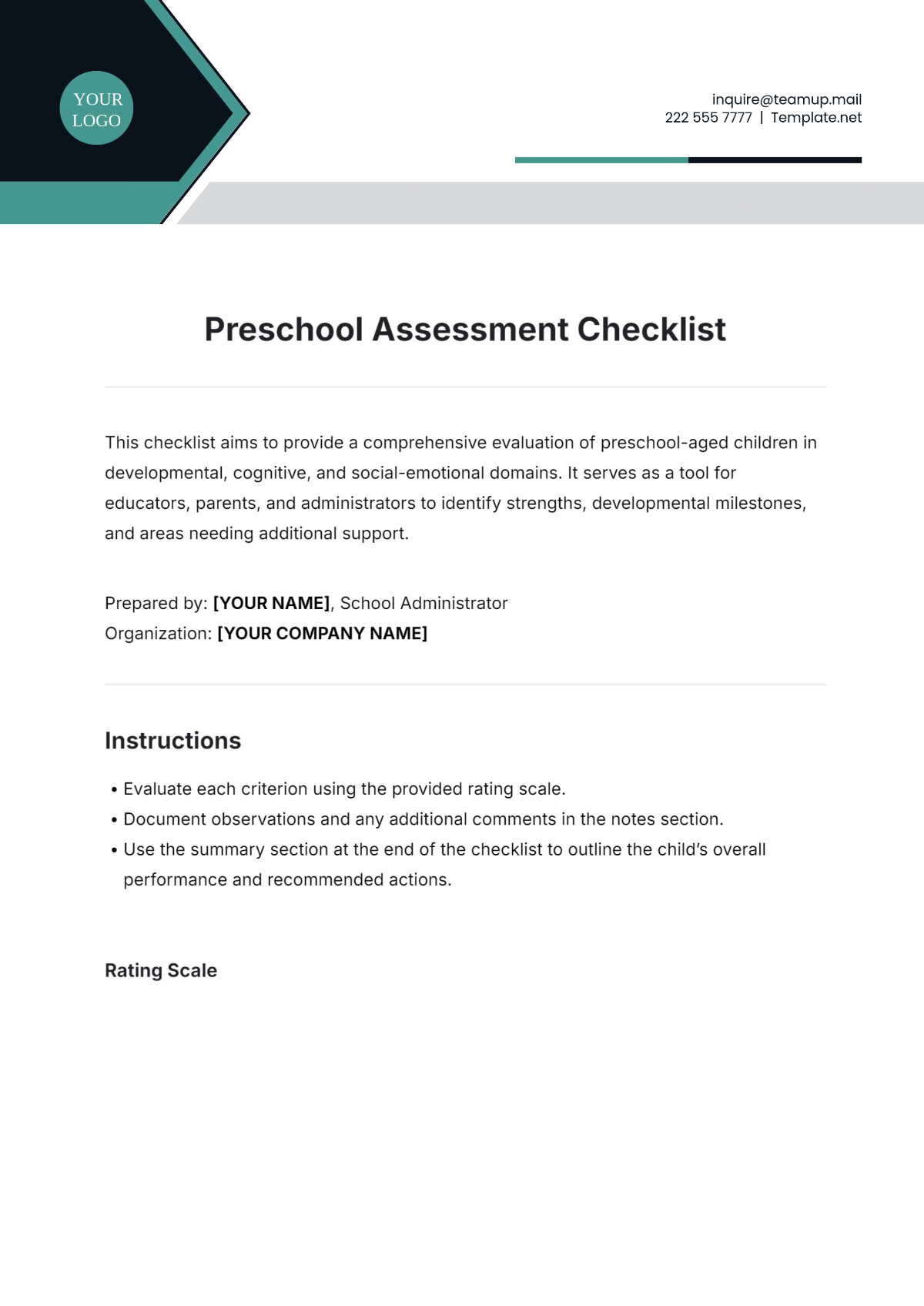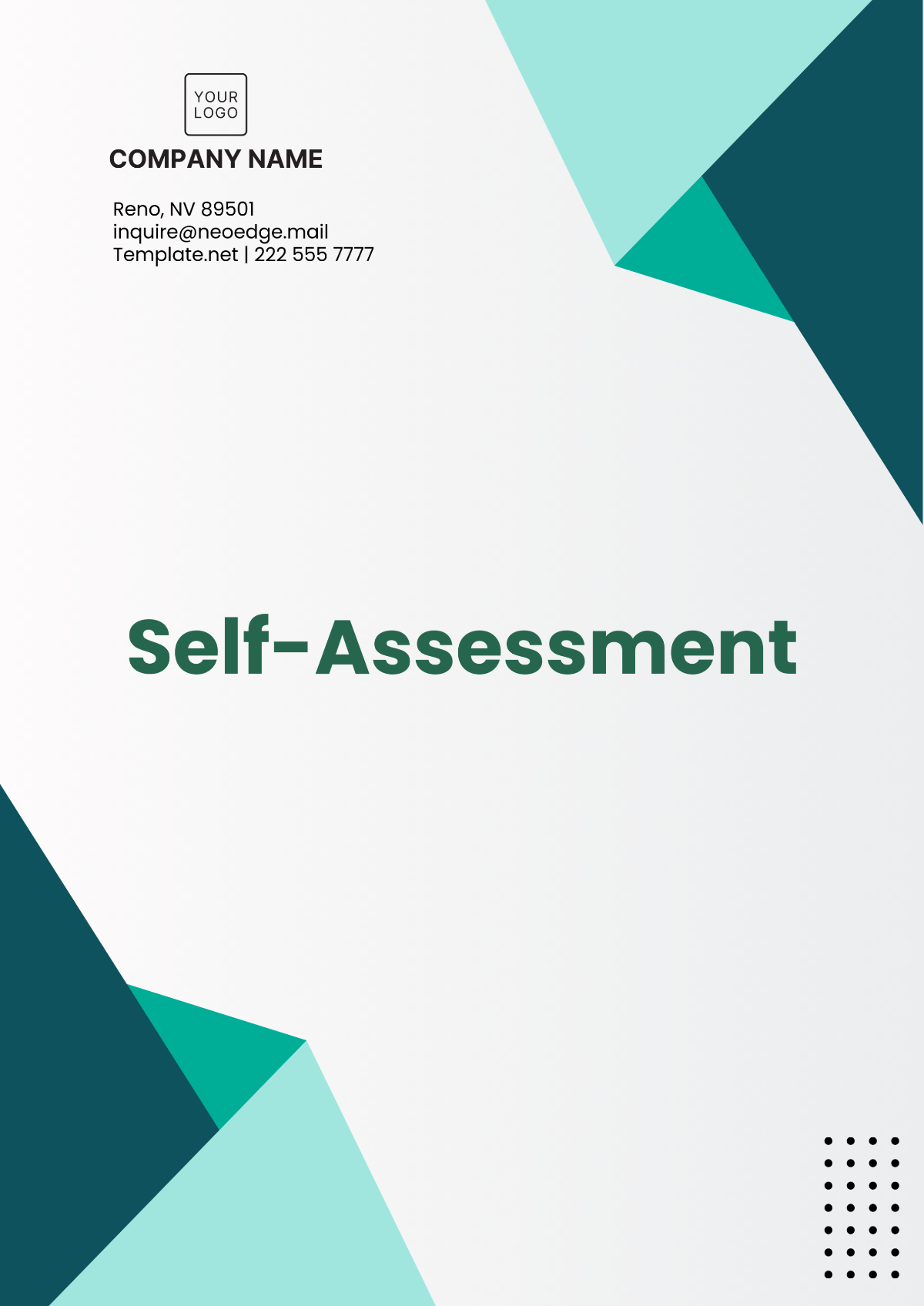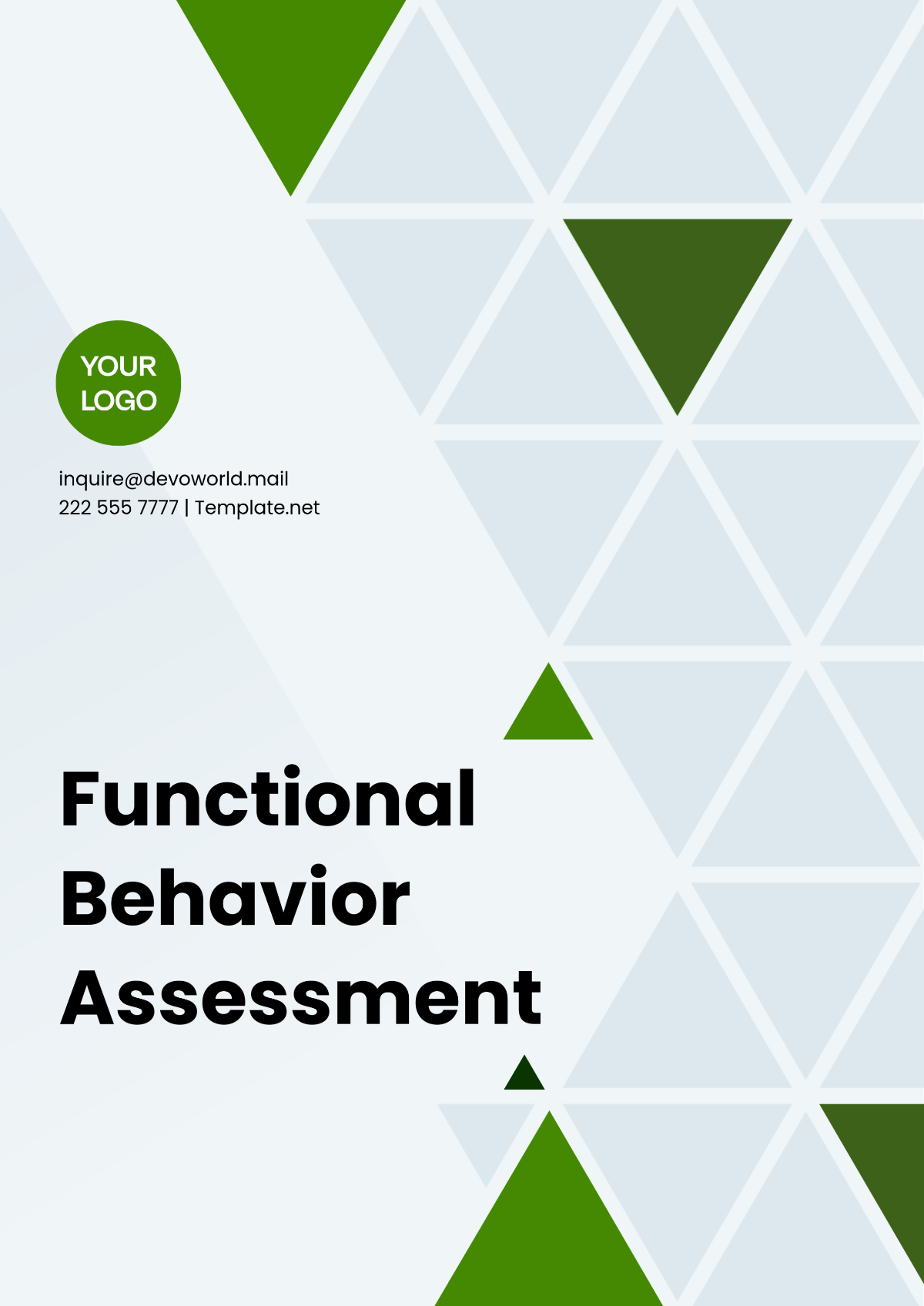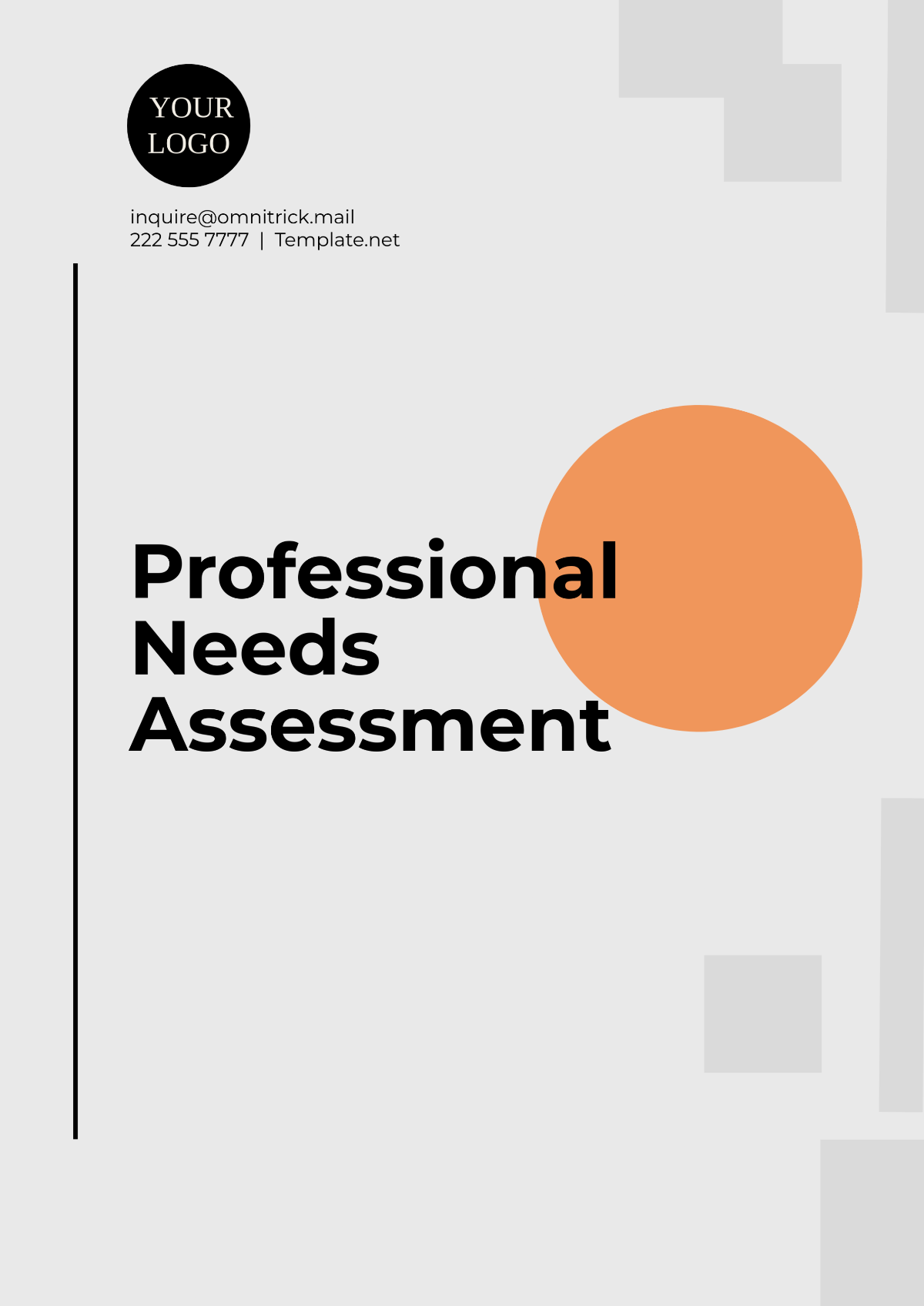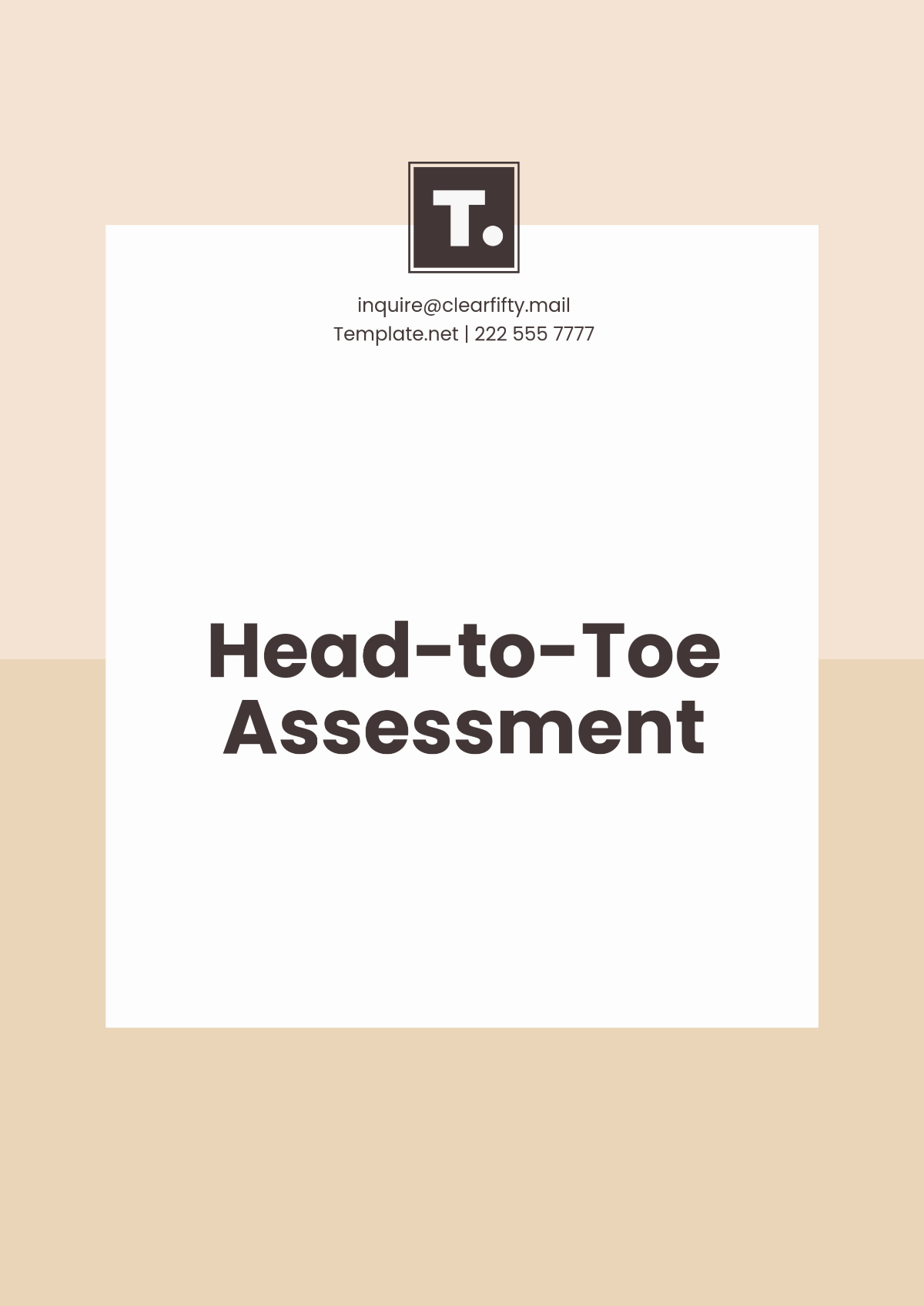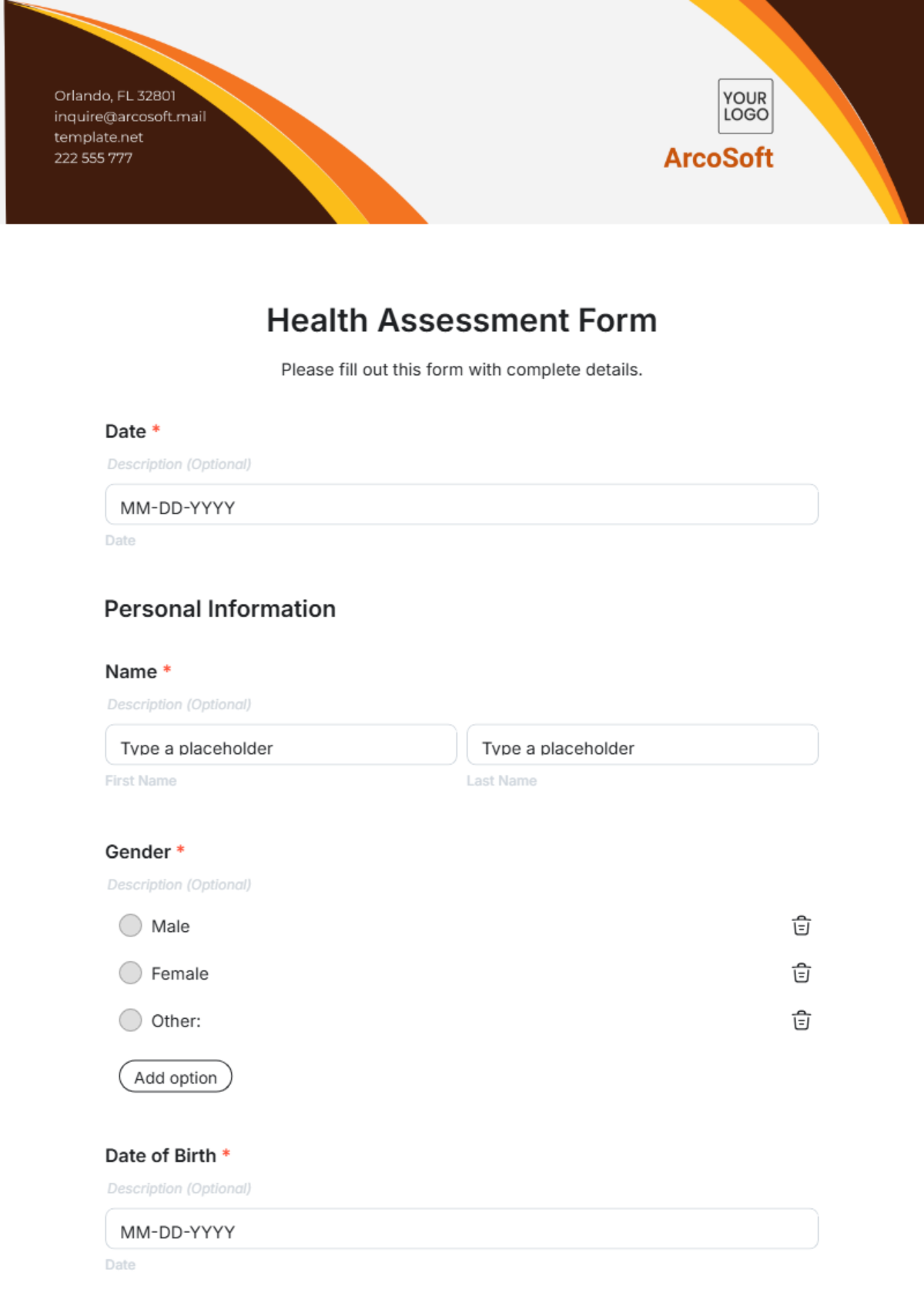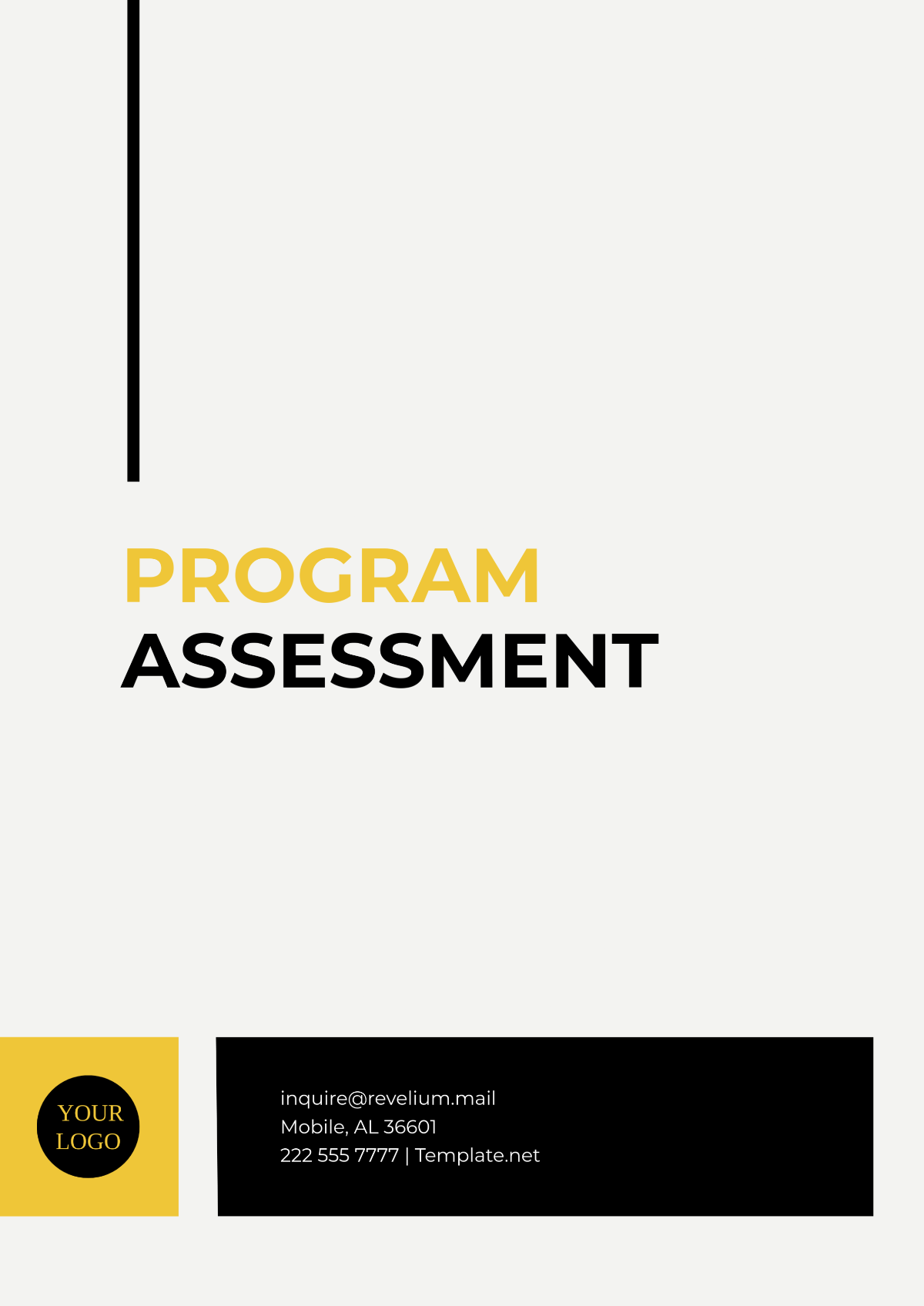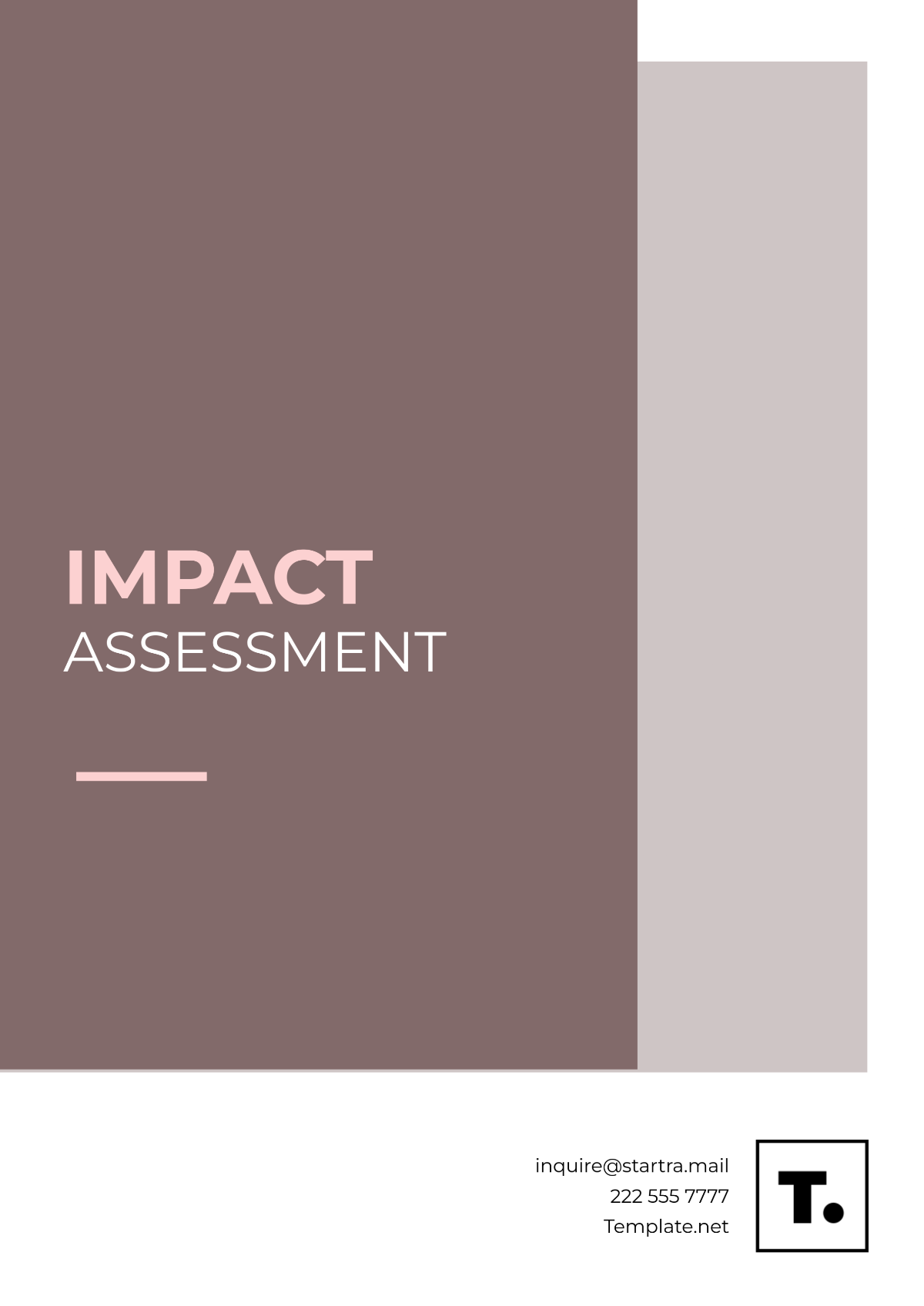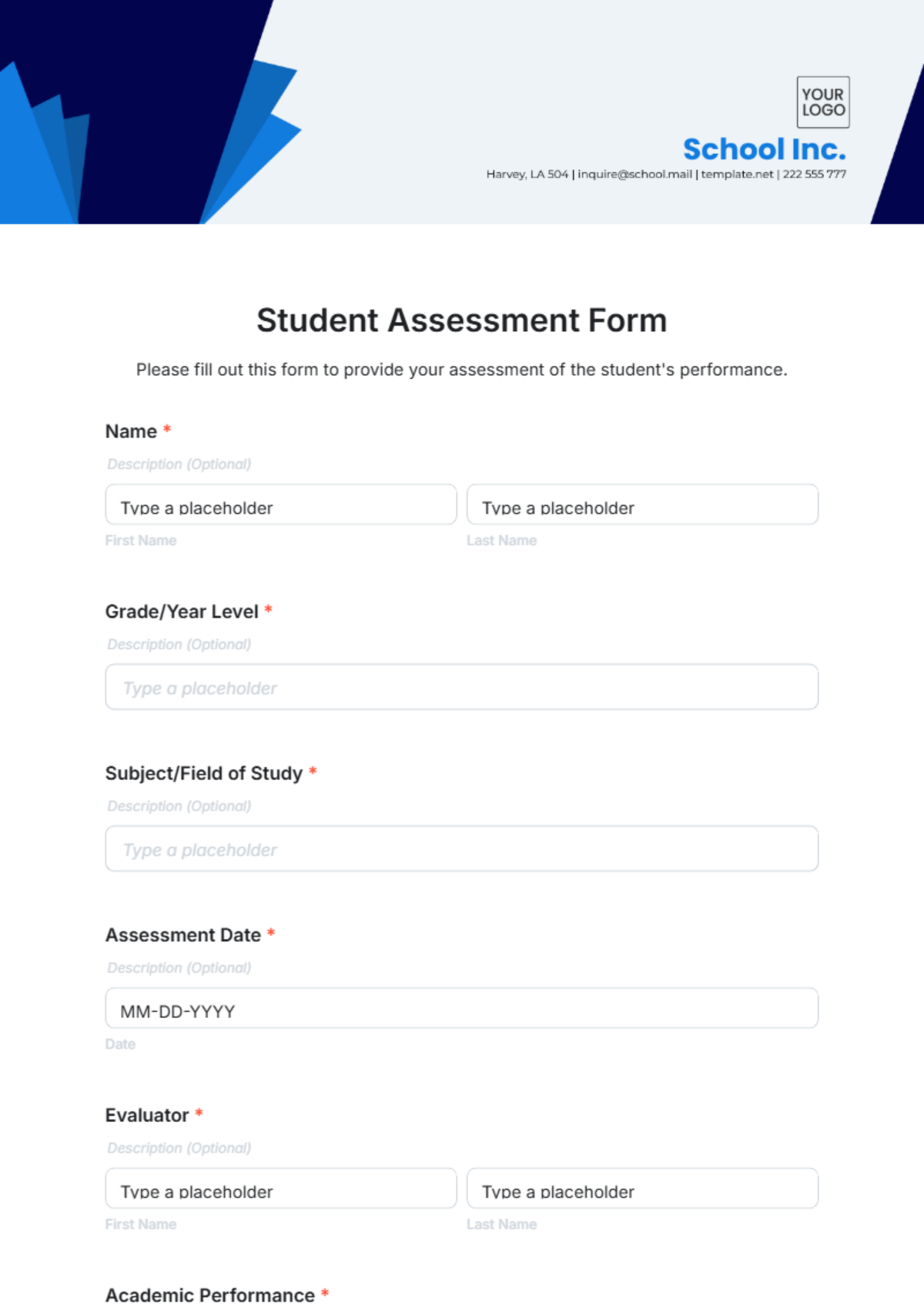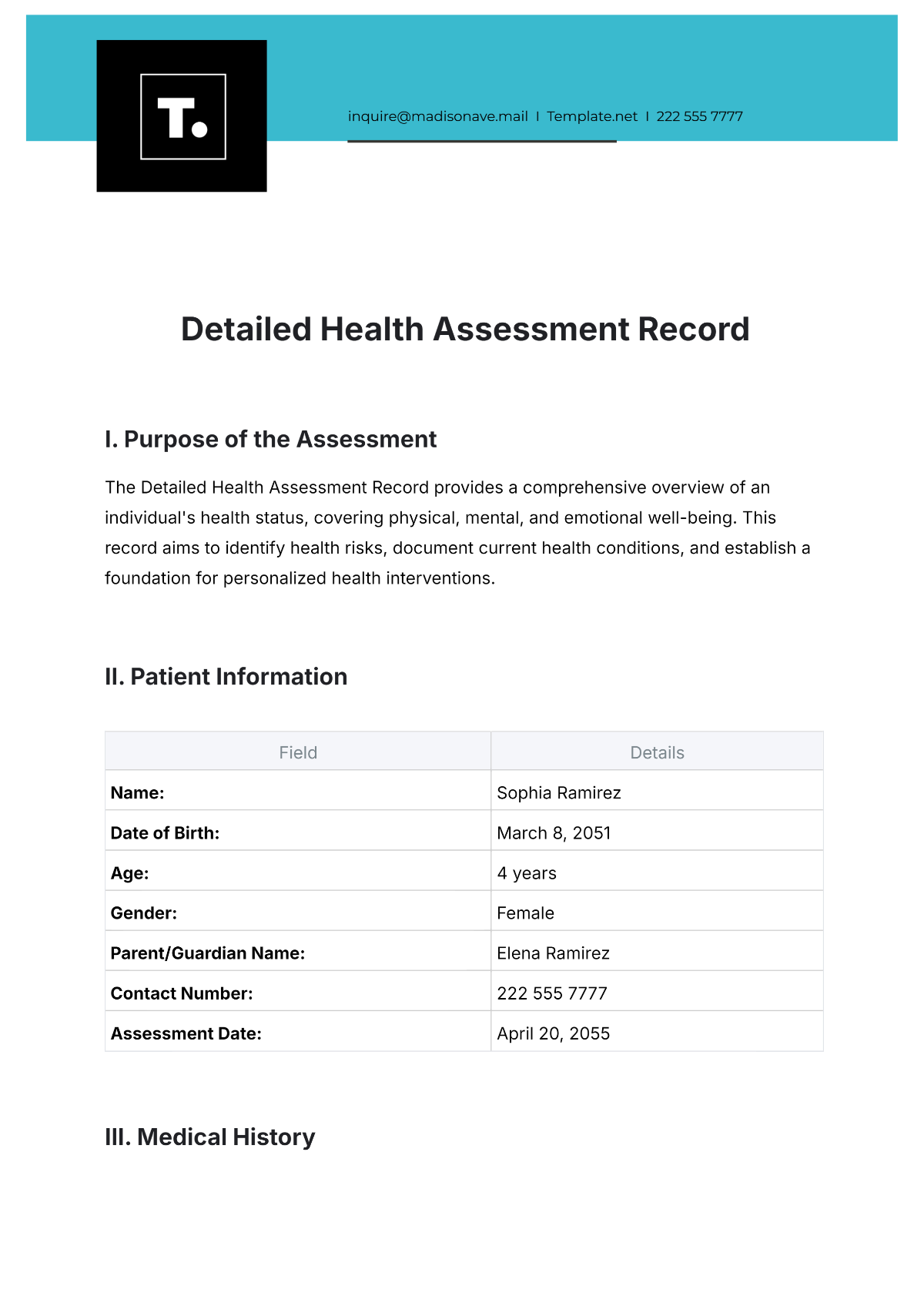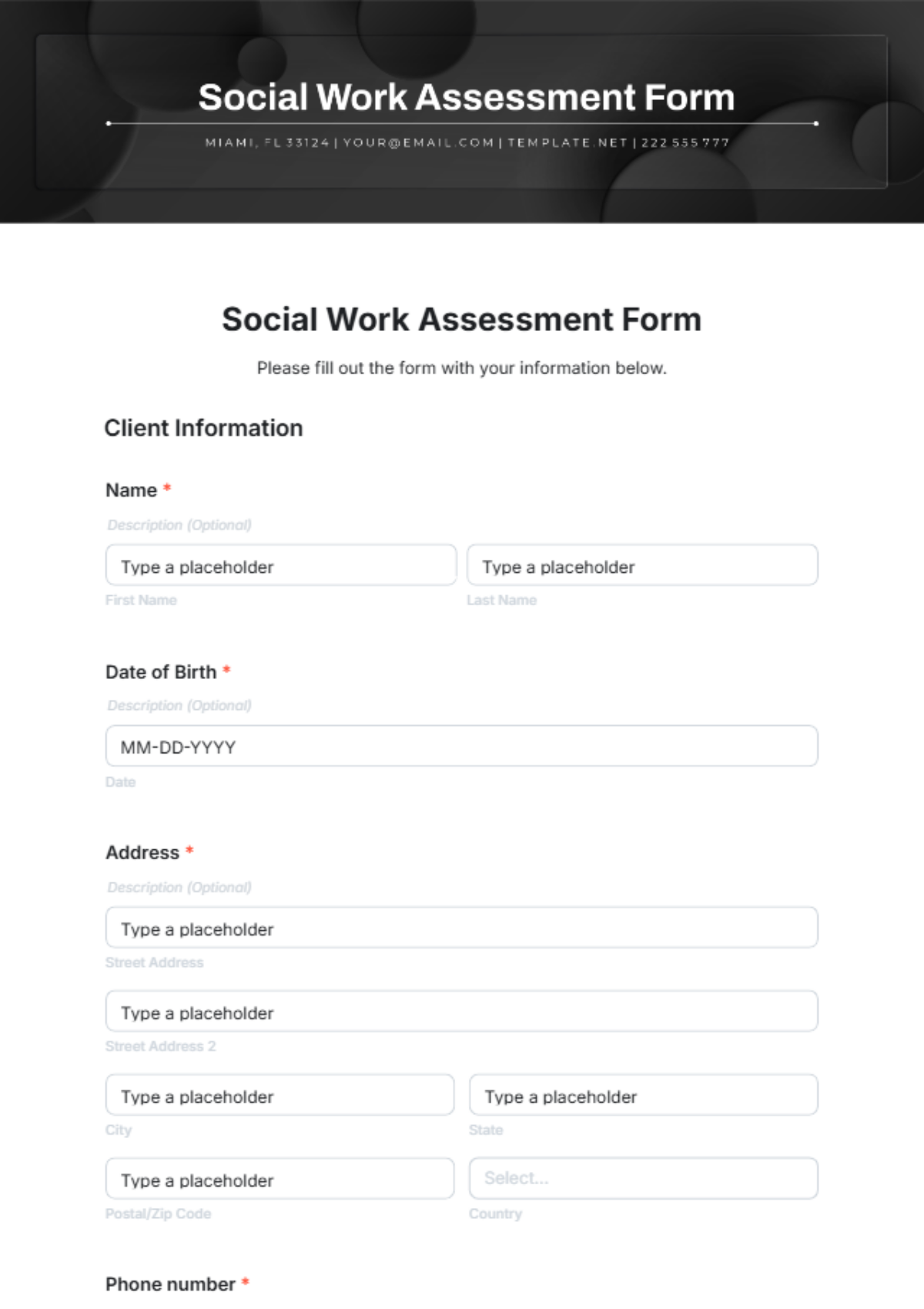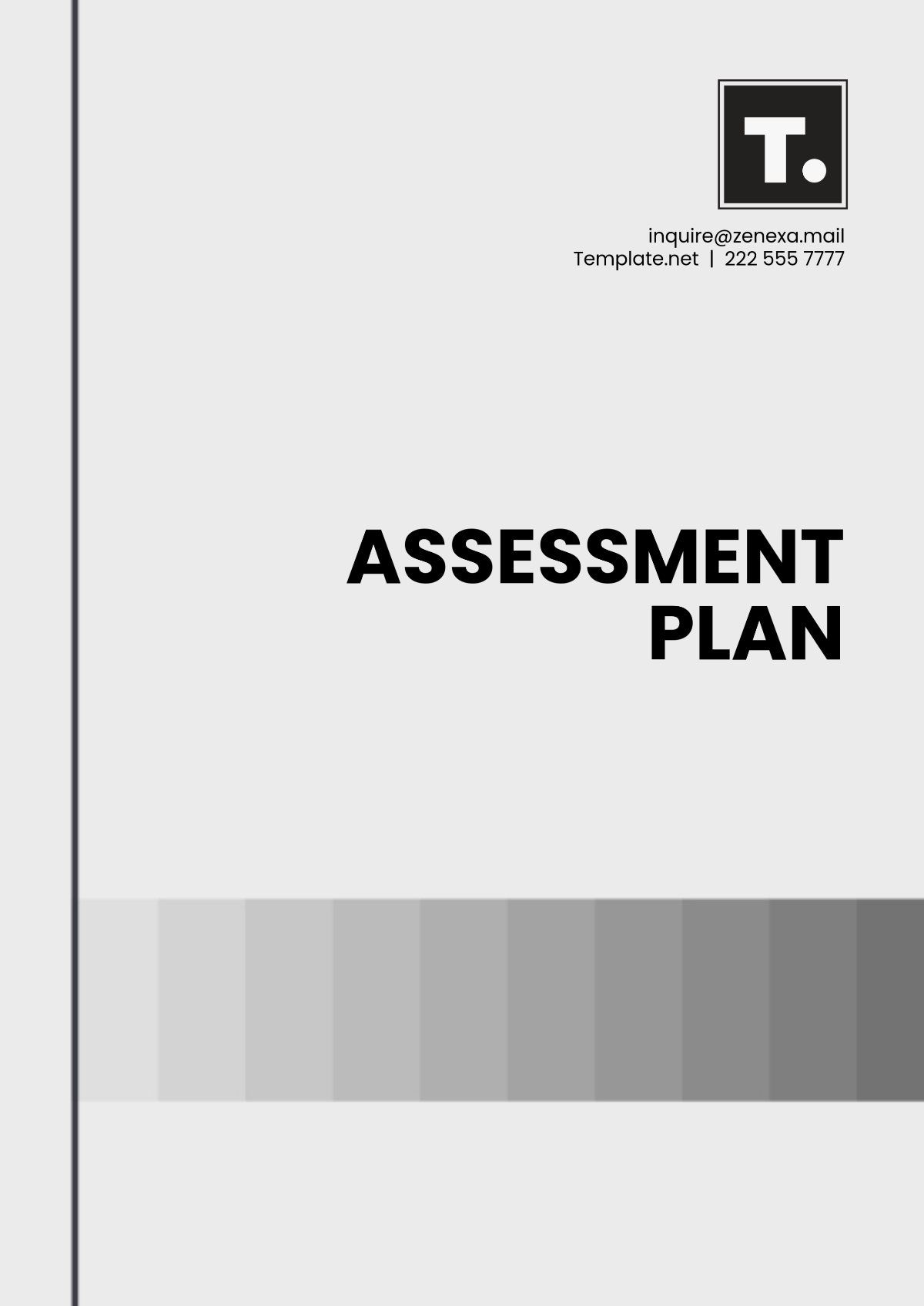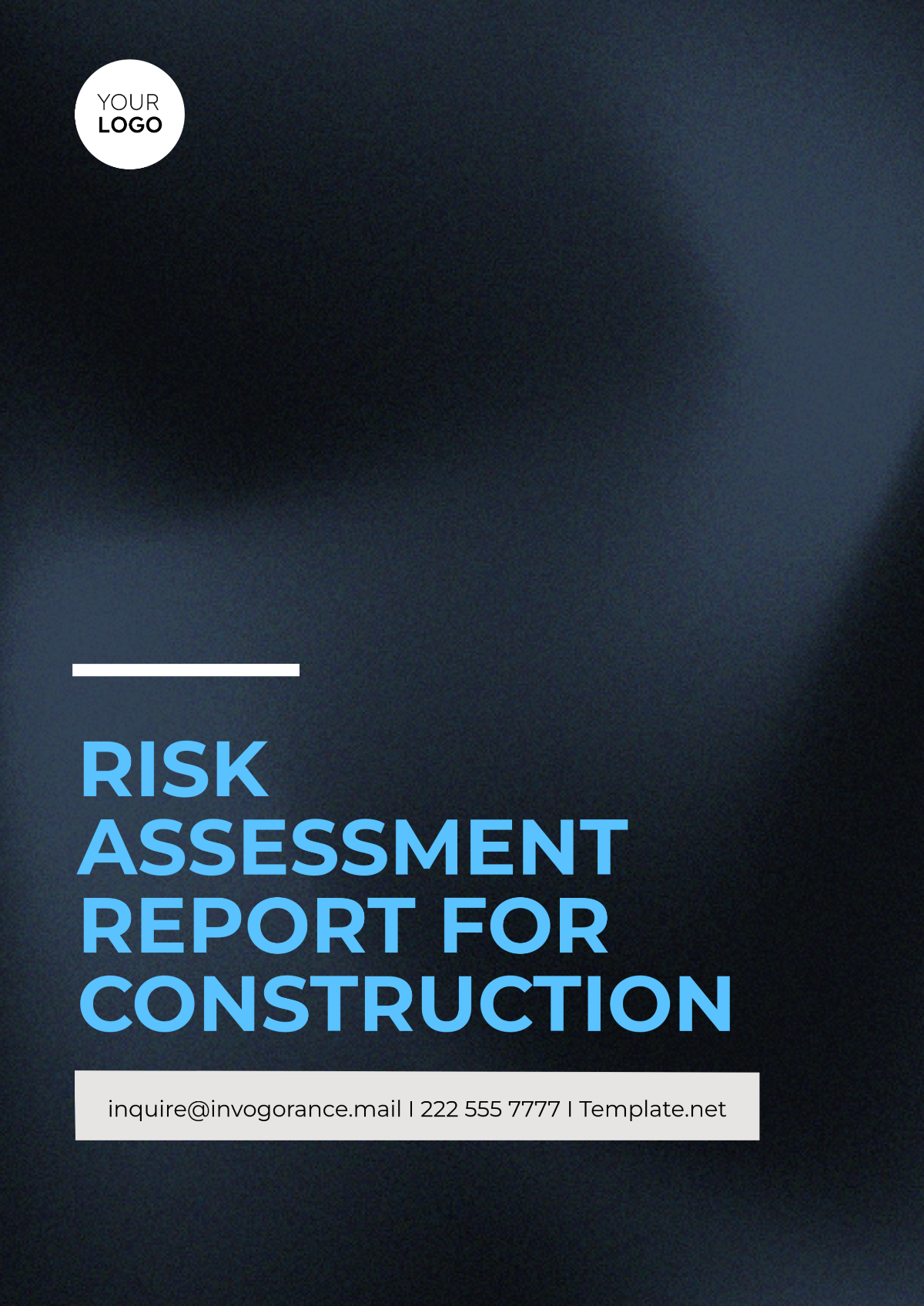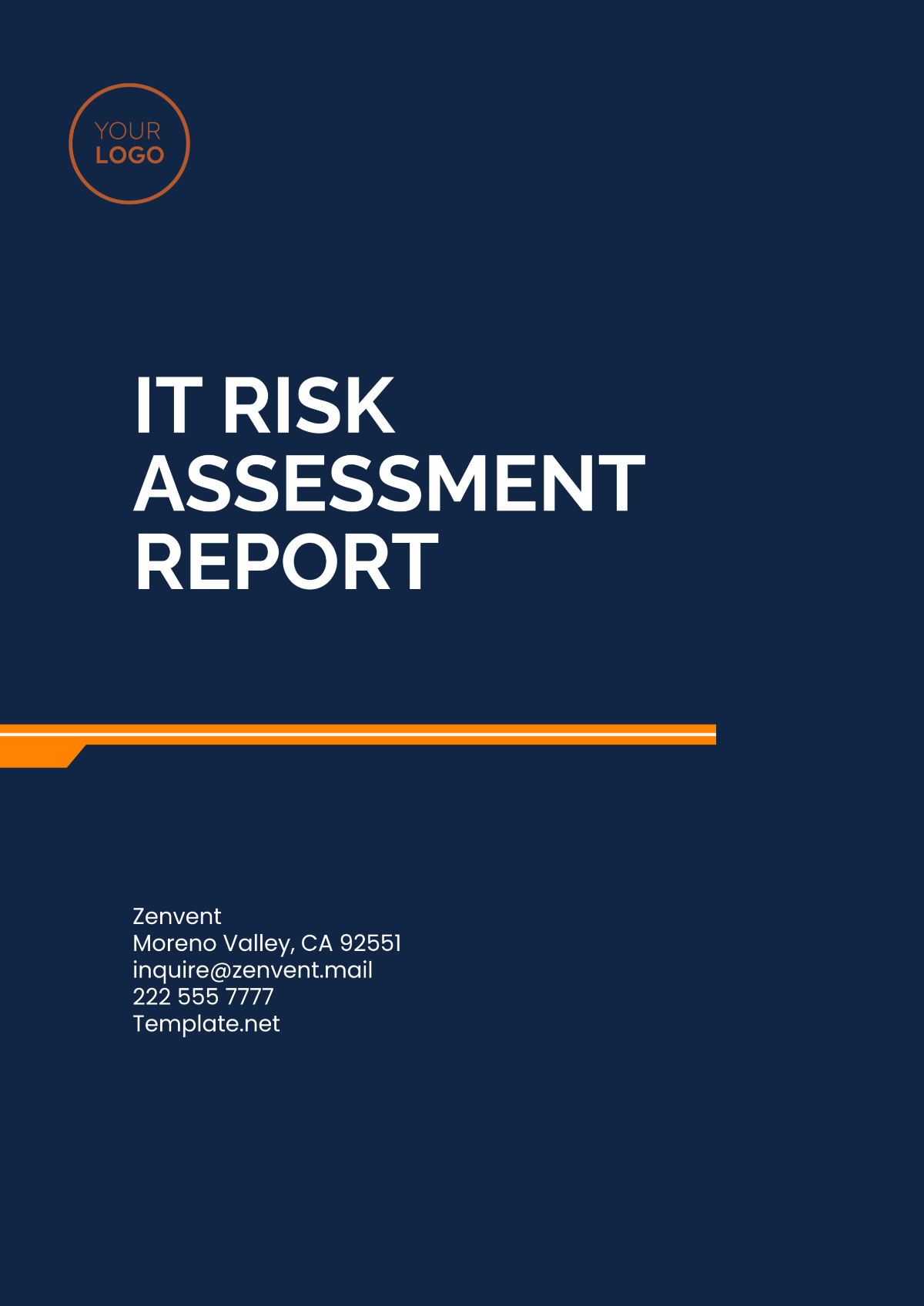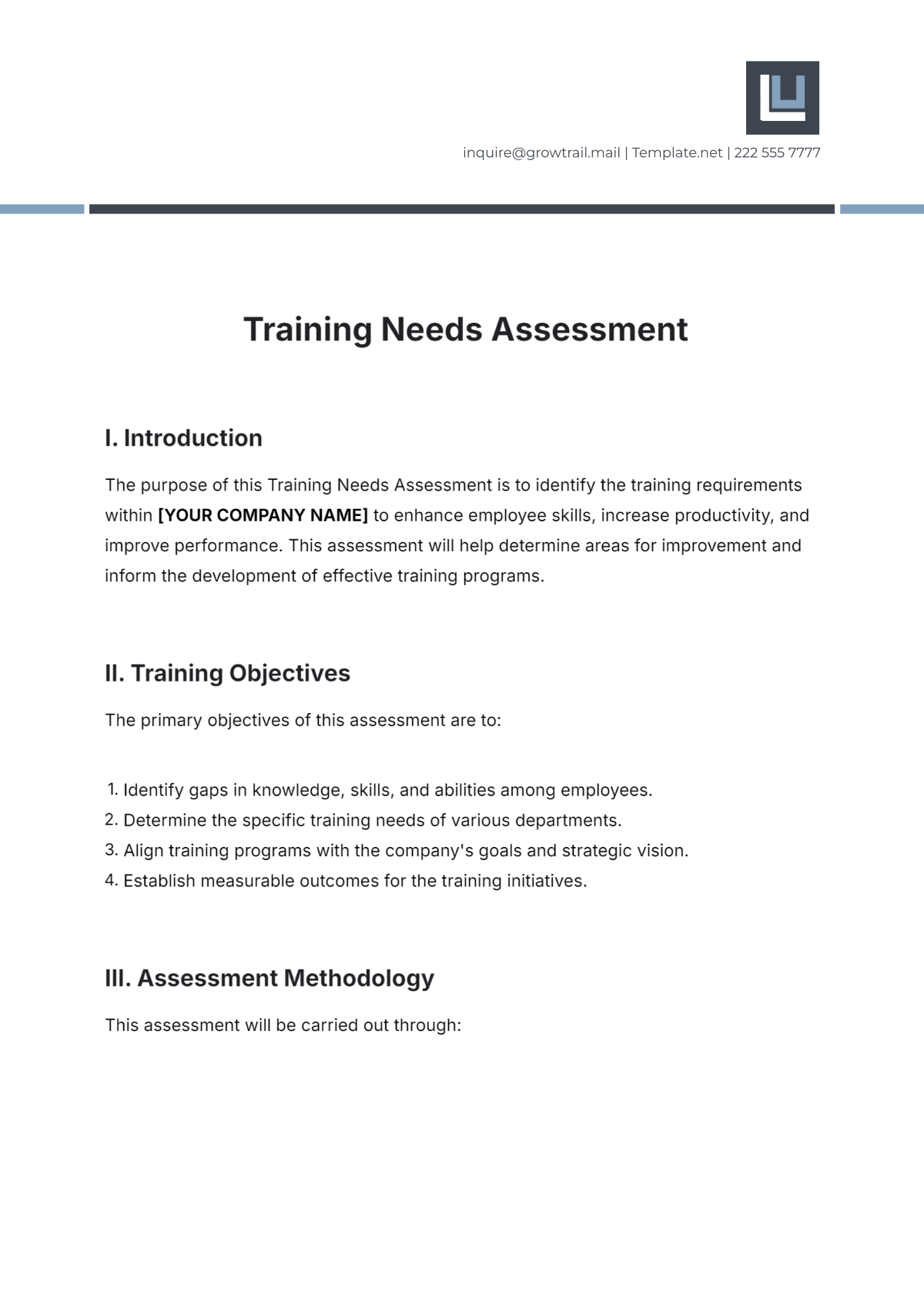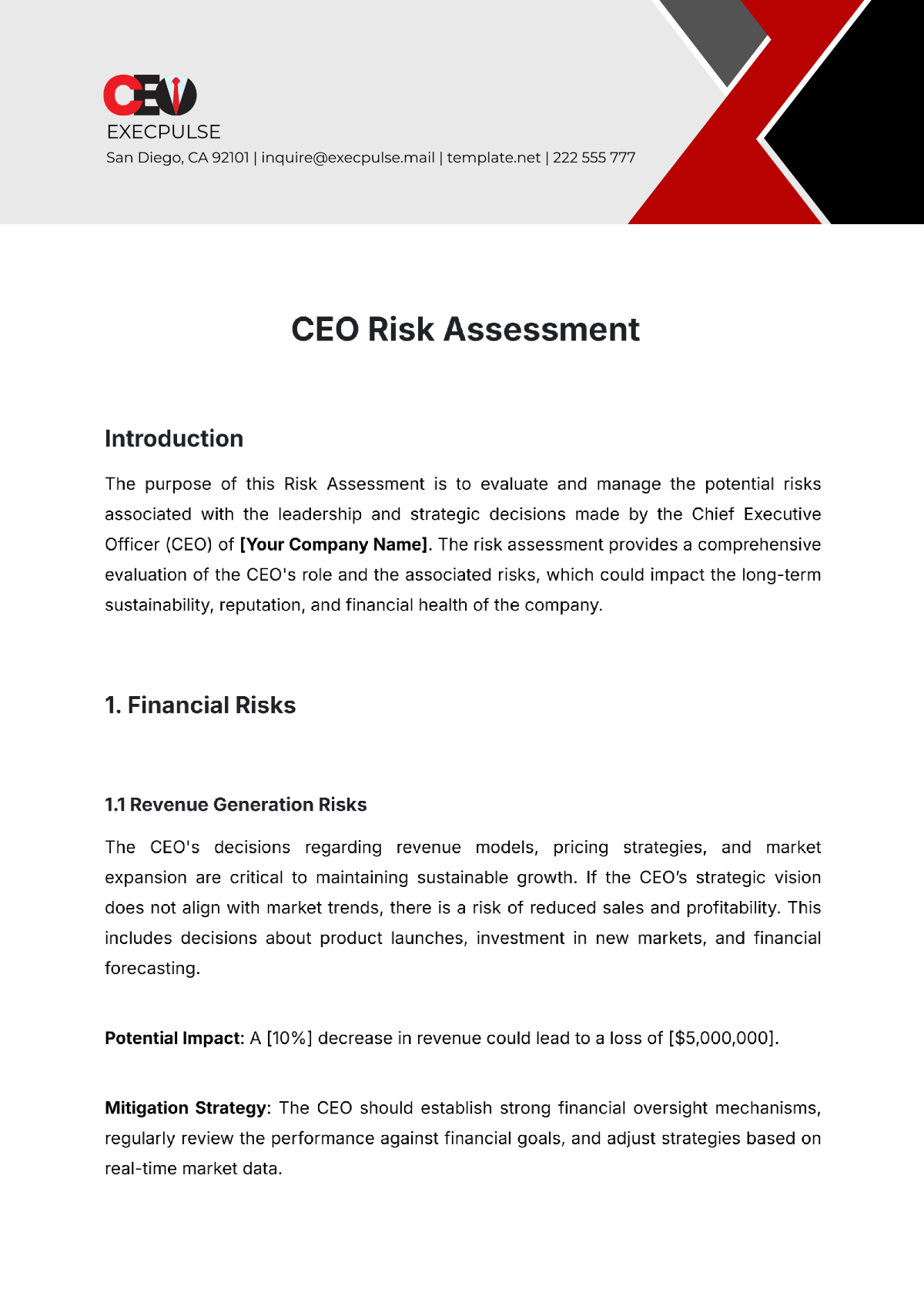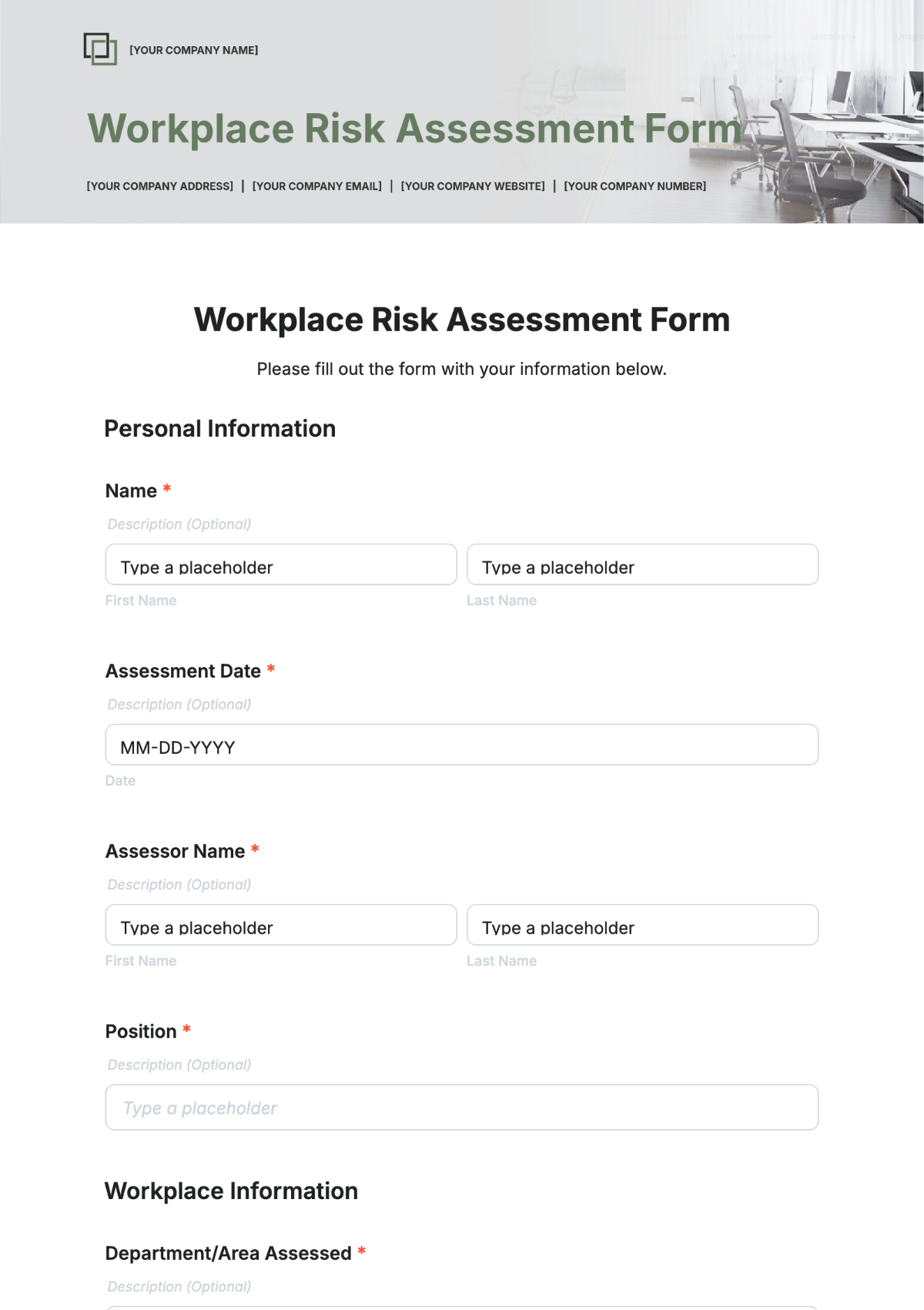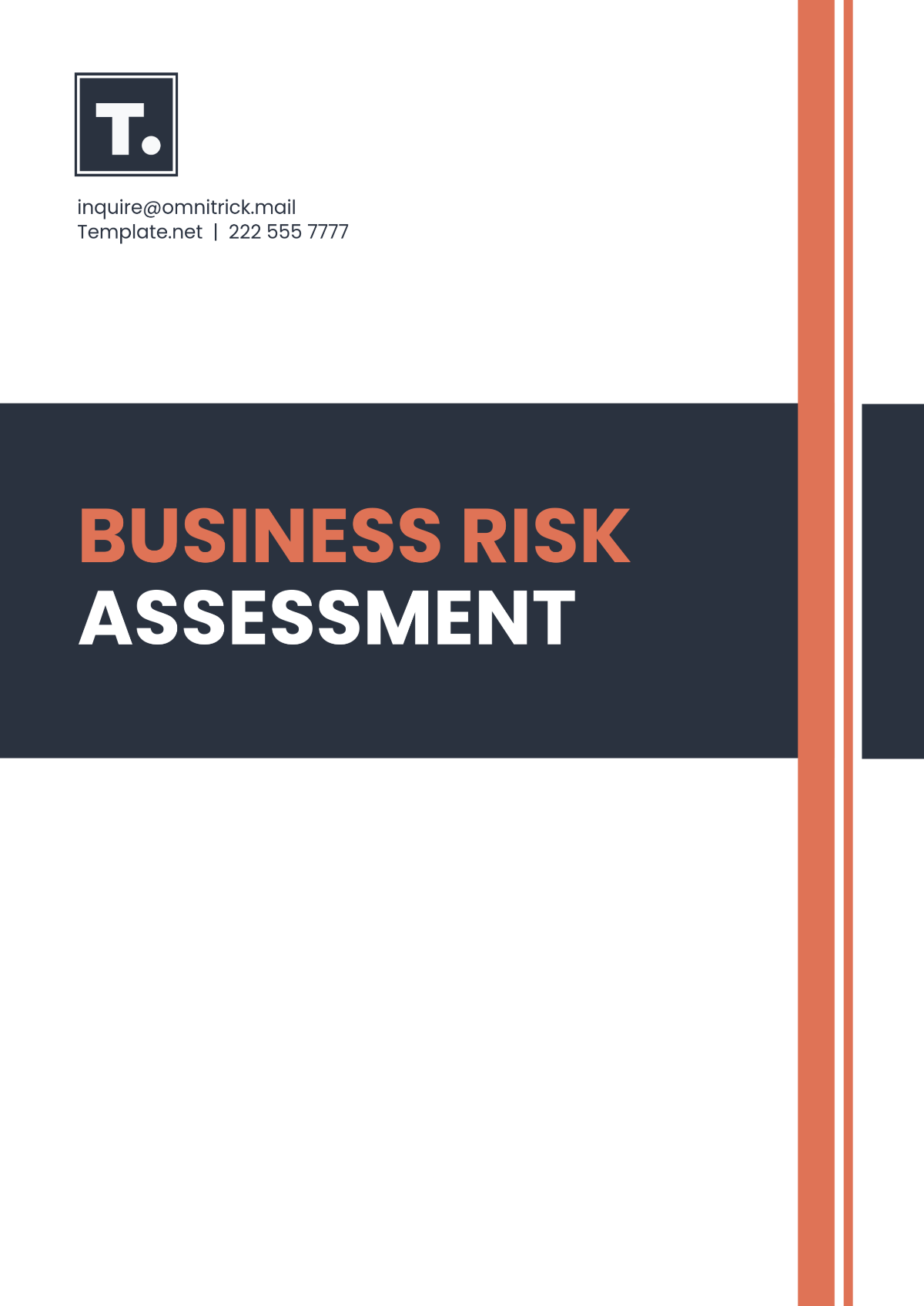Functional Behavior Assessment
Client's Information
Client's Name | Date of Assessment | Reason for Referral |
|---|---|---|
Background Information
Relevant History
Medical/Mental Health Concerns:
Developmental Milestones:
Sources of Data
Interviews:
Direct Observations:
Records Review:
Target Behavior(s)
Specific Behavior(s) of Concern:
Verbal Outbursts:
Leaving Classroom:
Noncompliance:
Assessment Criteria
Criterion | Description | Rating (High/ Moderate/ Developing) |
|---|---|---|
Frequency of Behavior | Verbal outbursts occur daily; leaving the classroom occurs 2–3 times weekly. | |
Intensity of Behavior | Verbal disruptions significantly interfere with peers' focus and group activities. | |
Duration of Behavior | Outbursts and off-task behaviors average 5–10 minutes per incident. | |
Triggers/Antecedents | Structured activities requiring focus or group participation often precede the behaviors. | |
Consequences of Behavior | Behaviors typically result in removal from group settings, providing temporary escape. | |
Setting Factors | Noisy or overstimulating environments appear to exacerbate behaviors. | |
Replacement Behaviors | Using hand signals to request breaks instead of leaving the classroom or shouting. |
Section 5: Observational Data
Observation Summary
Date(s): March 8, 10, and 12, 2086
Location(s): Classroom and cafeteria
Observation Notes:
March 8: Verbal outburst occurred during a group math task after being asked to wait for his turn. Erica Price shouted, "This is stupid!" and left his seat.
March 10: During reading time, Erica Price left the classroom without asking and was found wandering the hallway.
March 12: During art, Erica Price refused to follow instructions, repeatedly saying, "No, I don’t want to," disrupting peers.
Recommendations
Intervention Strategies:
Behavior Intervention Plan (BIP):
Ongoing Monitoring:
Evaluator's Signature
